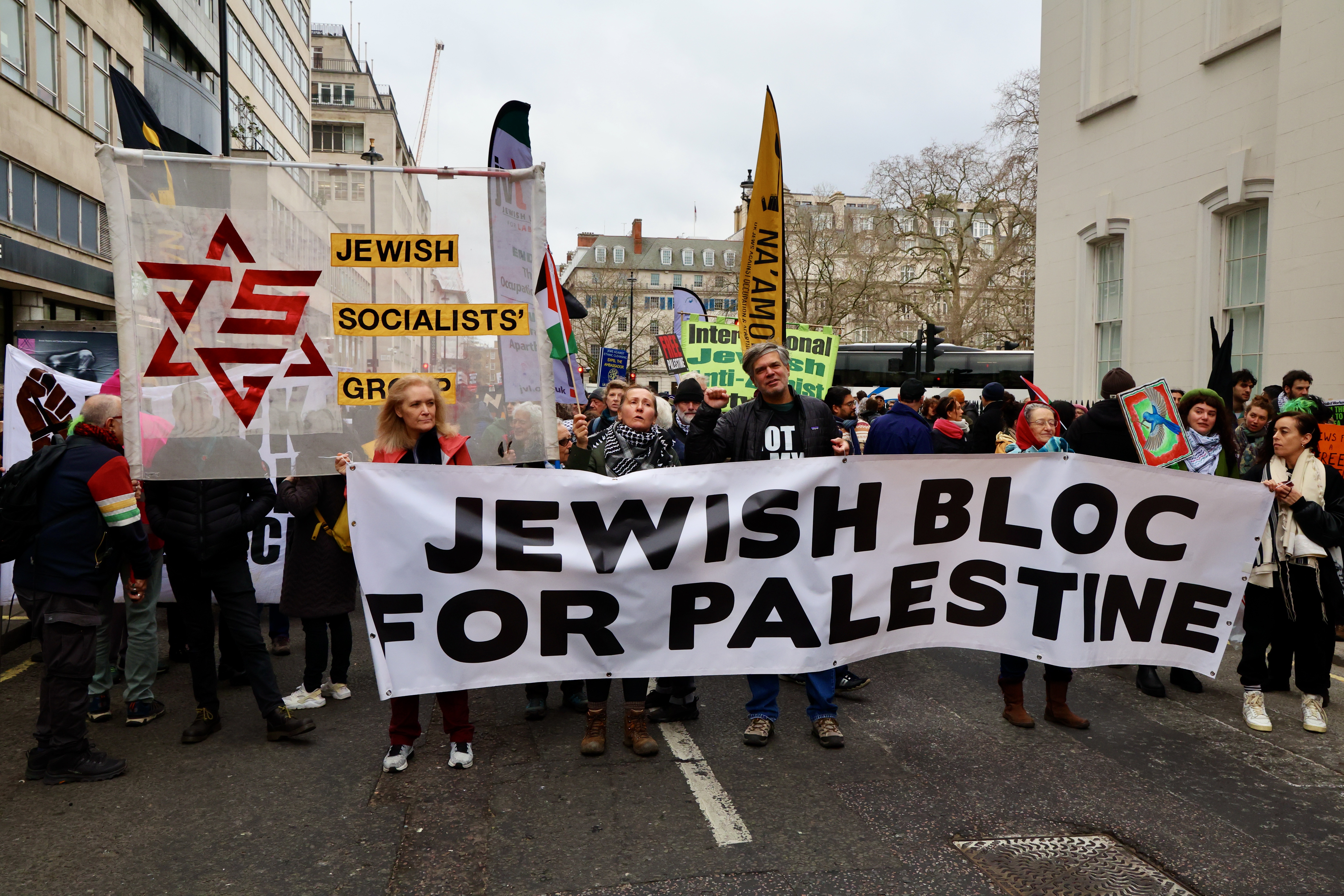
Photos taken at the national ‘Ceasefire Now’ demo in Central London, Saturday 3rd February. Additional photos may be viewed here
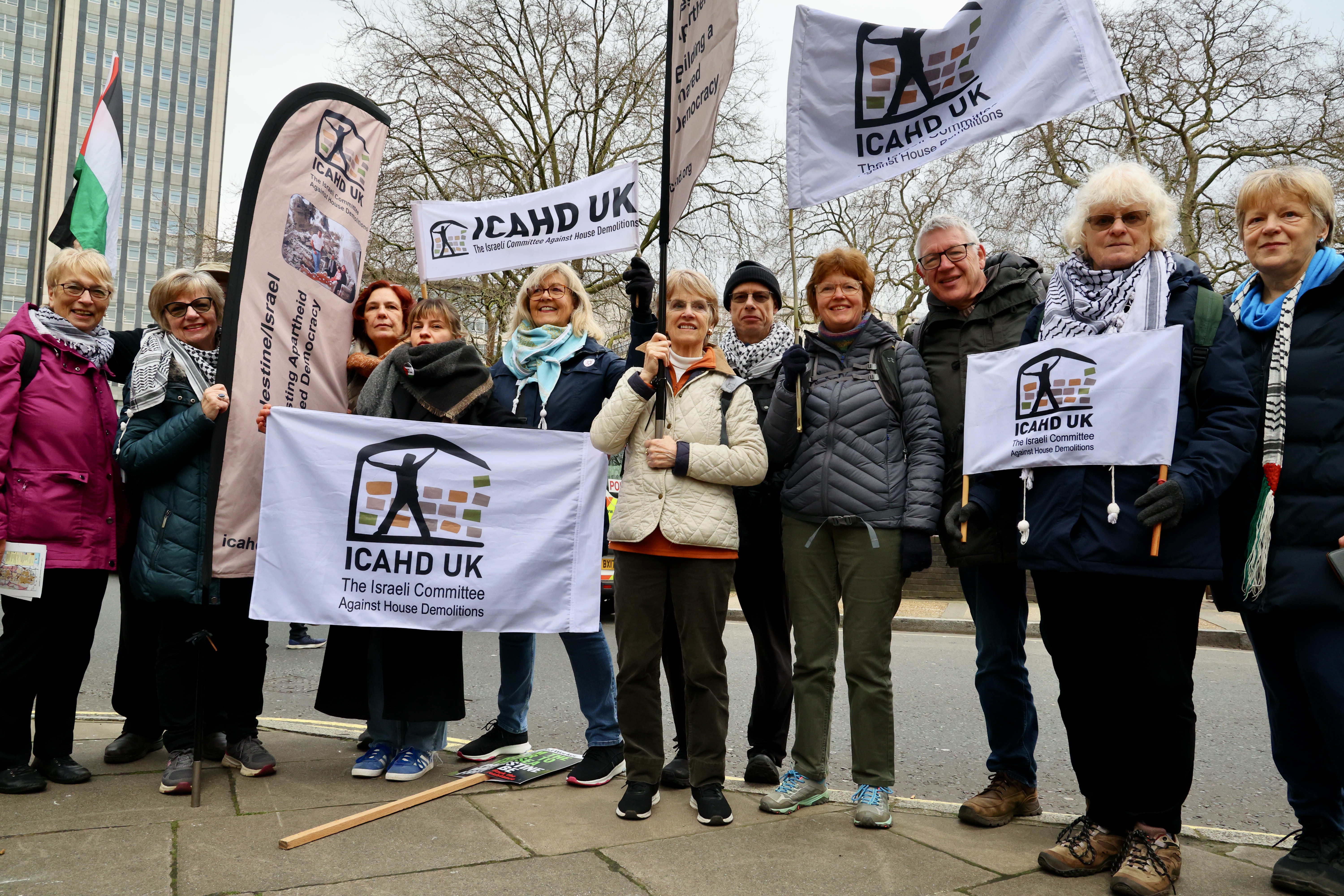
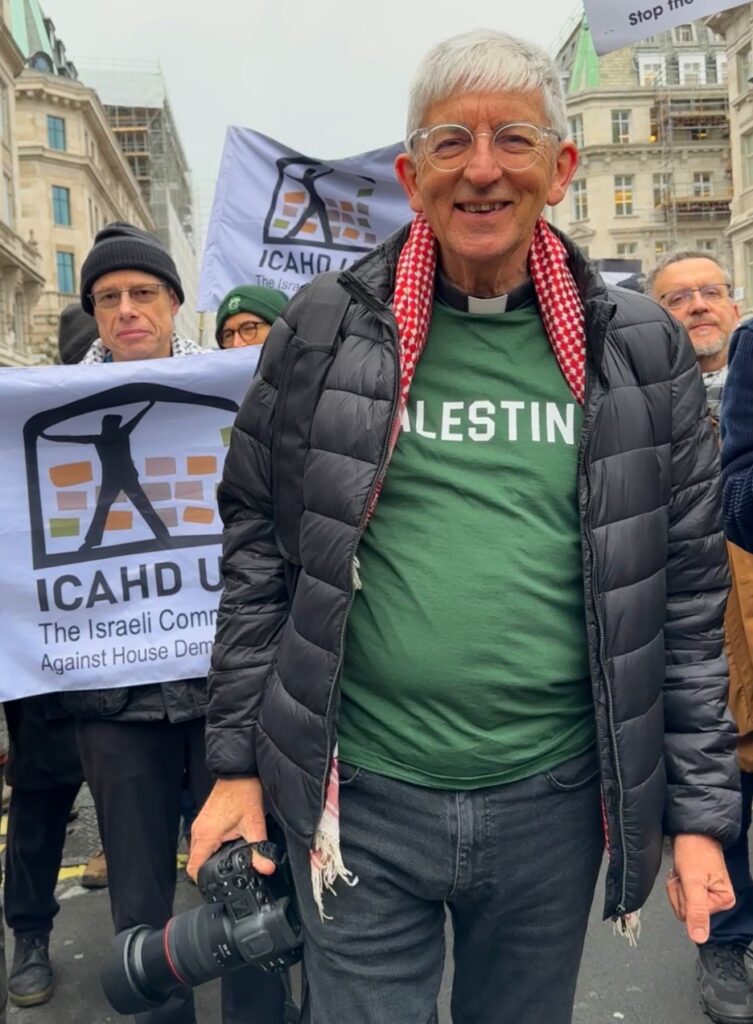
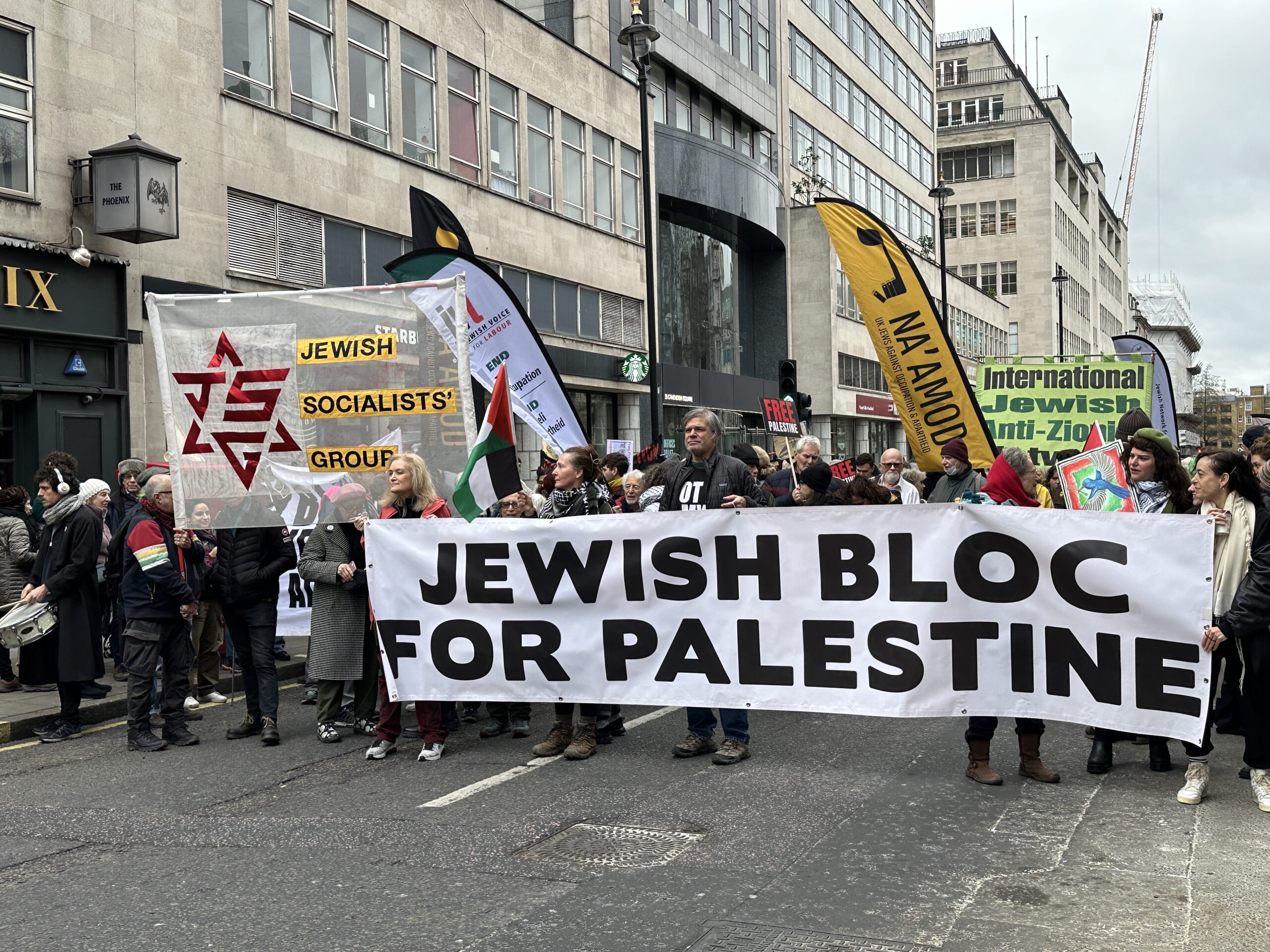
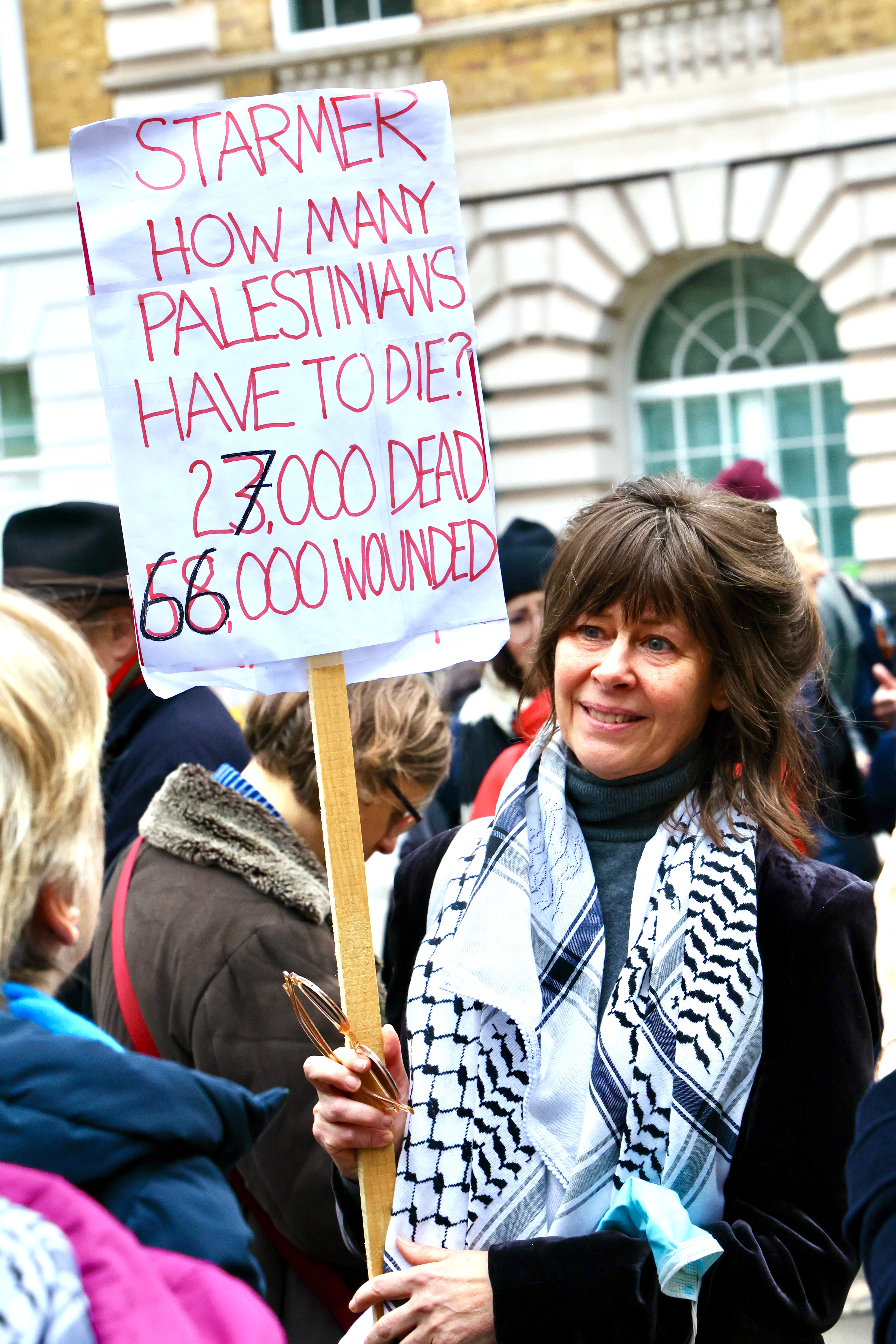
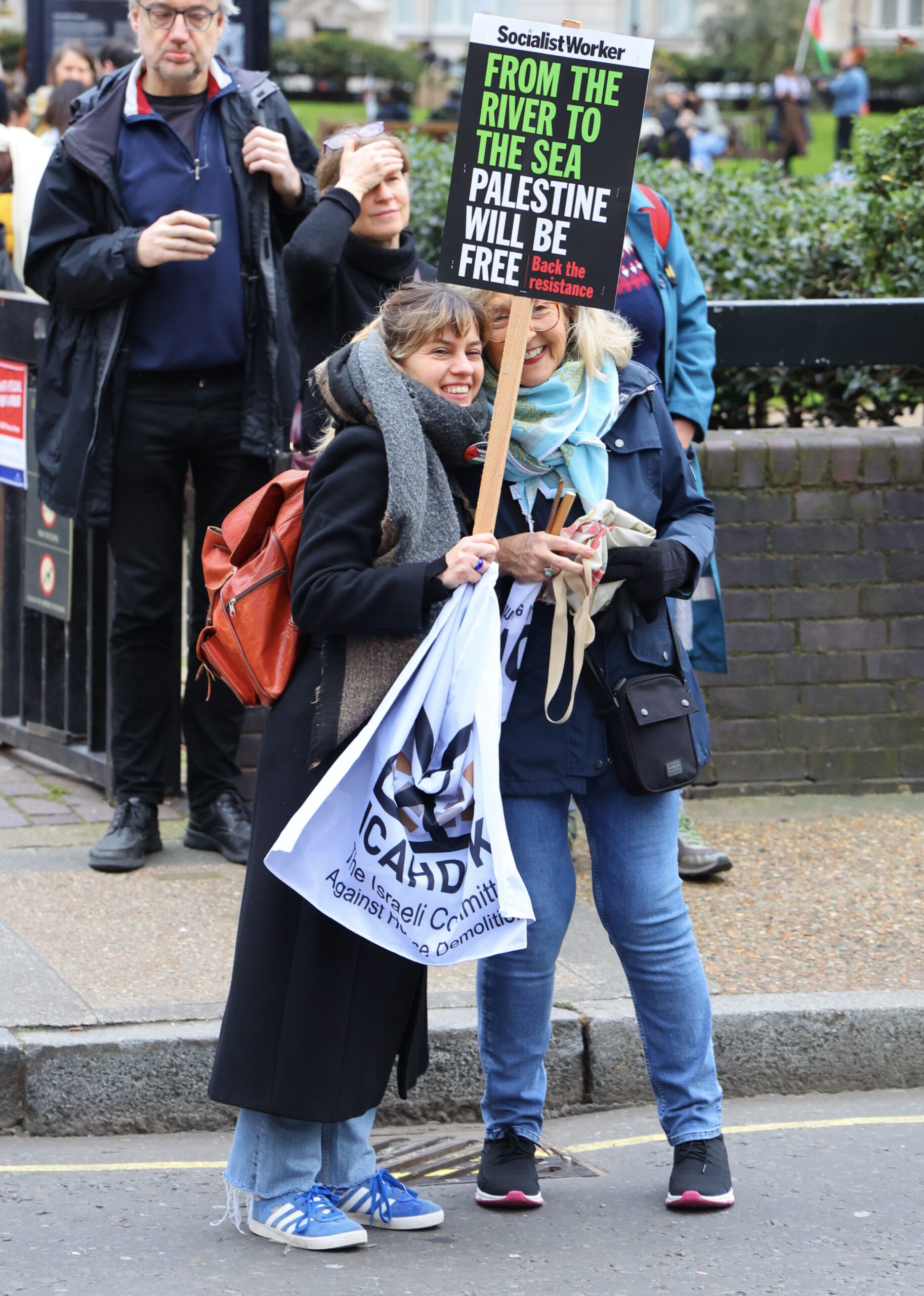
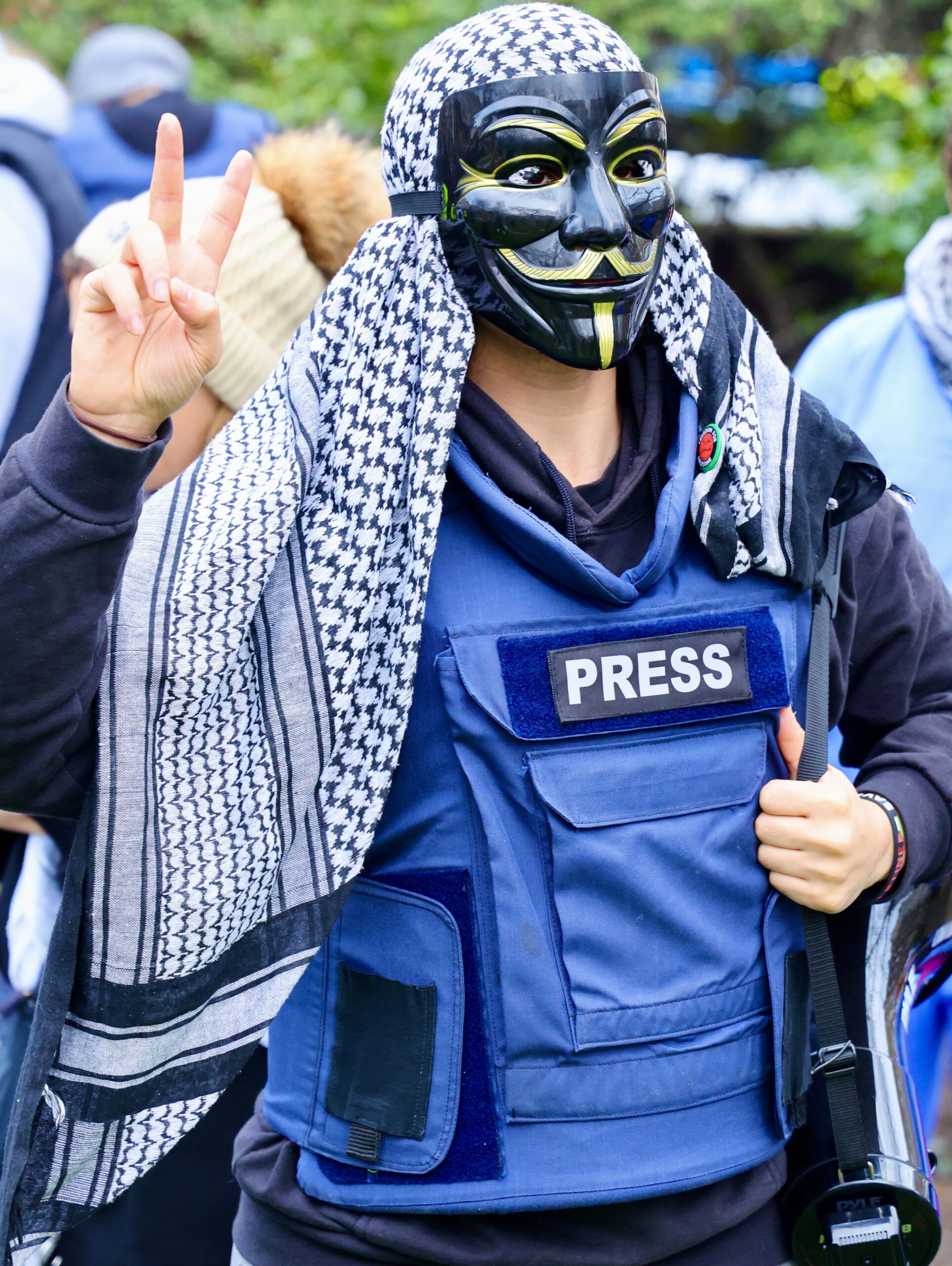
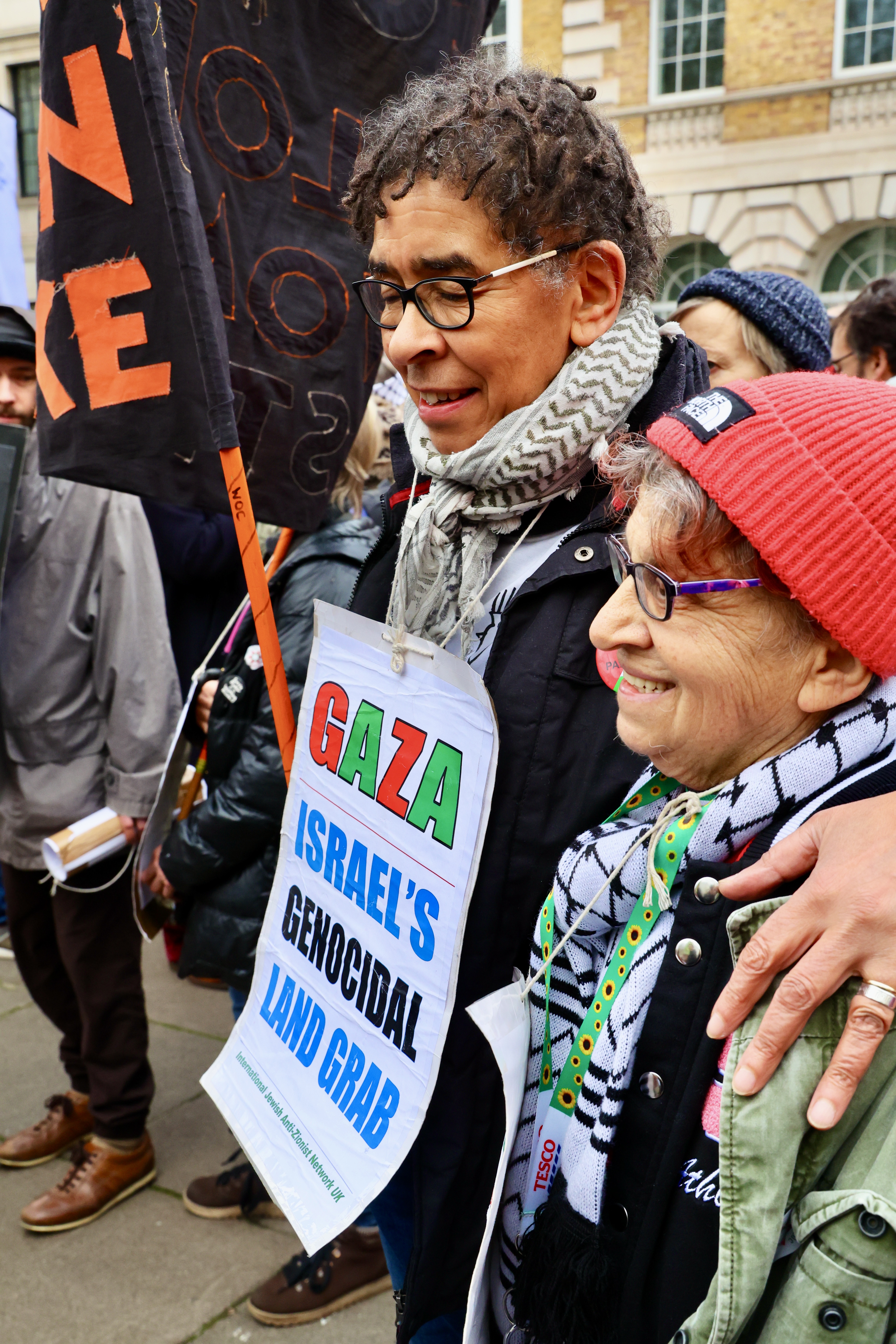
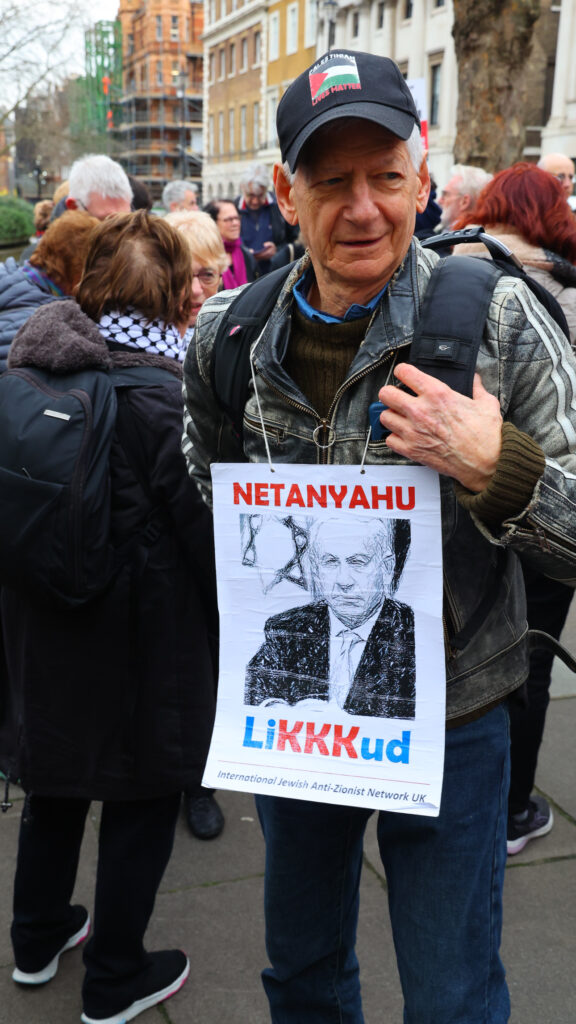
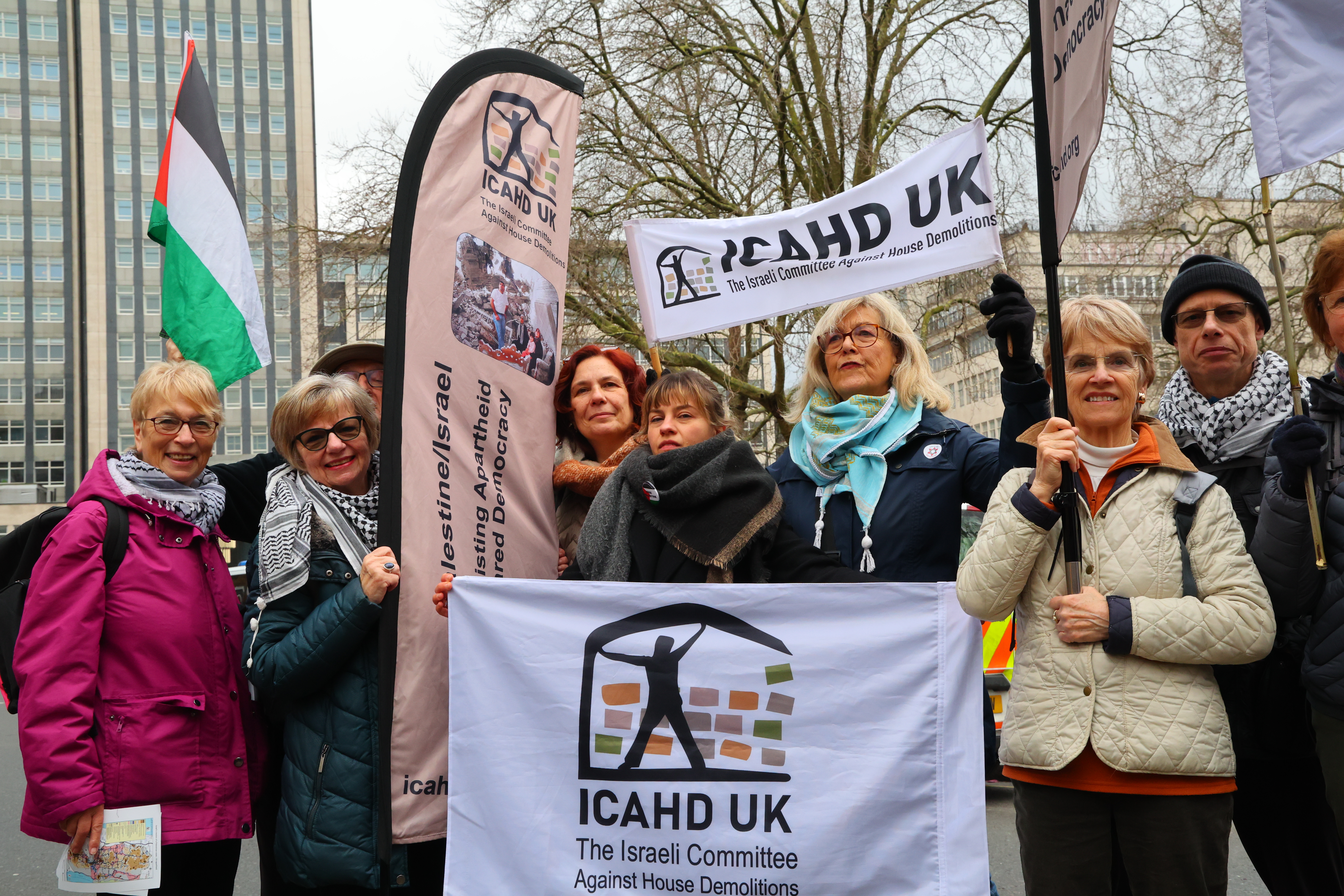
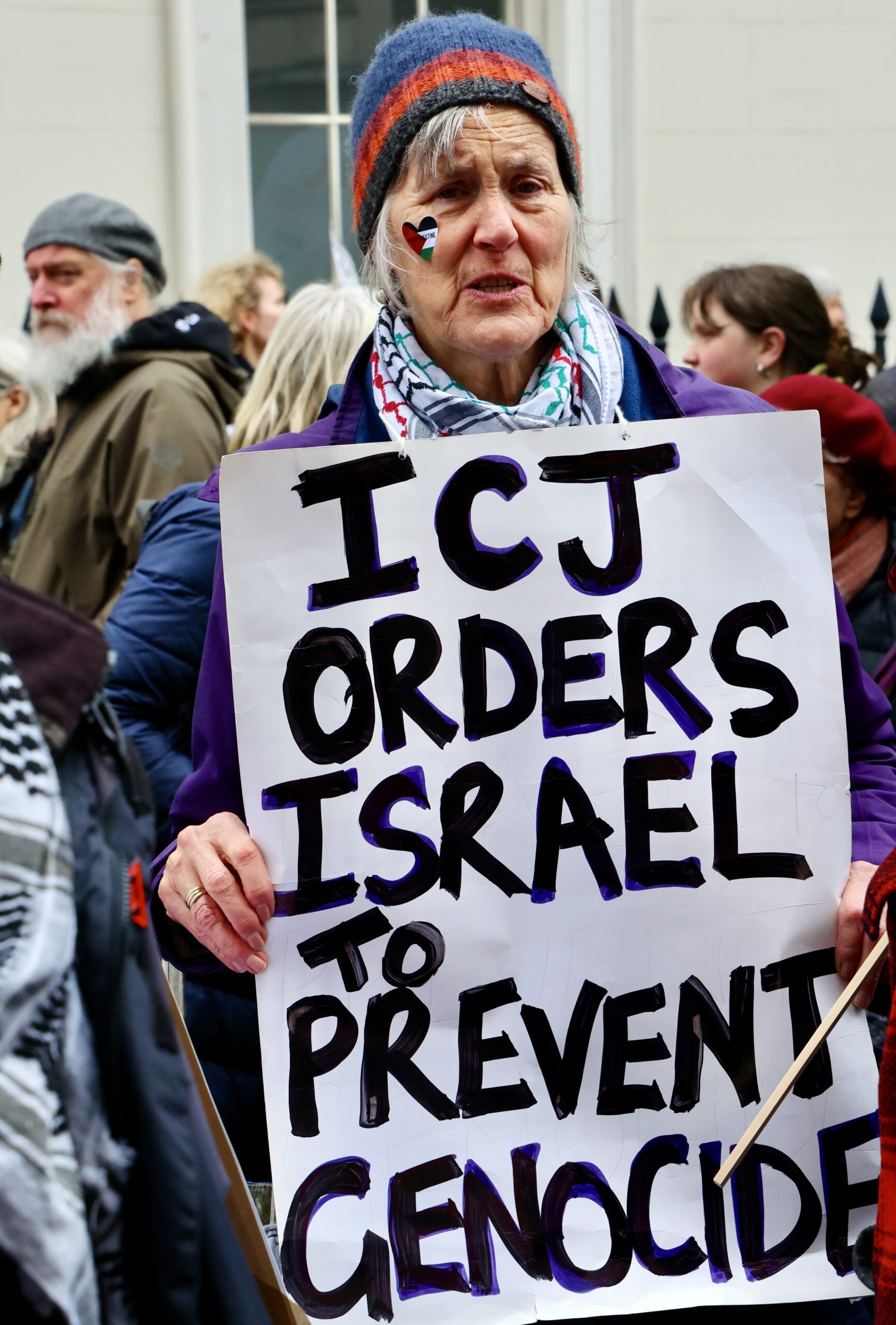
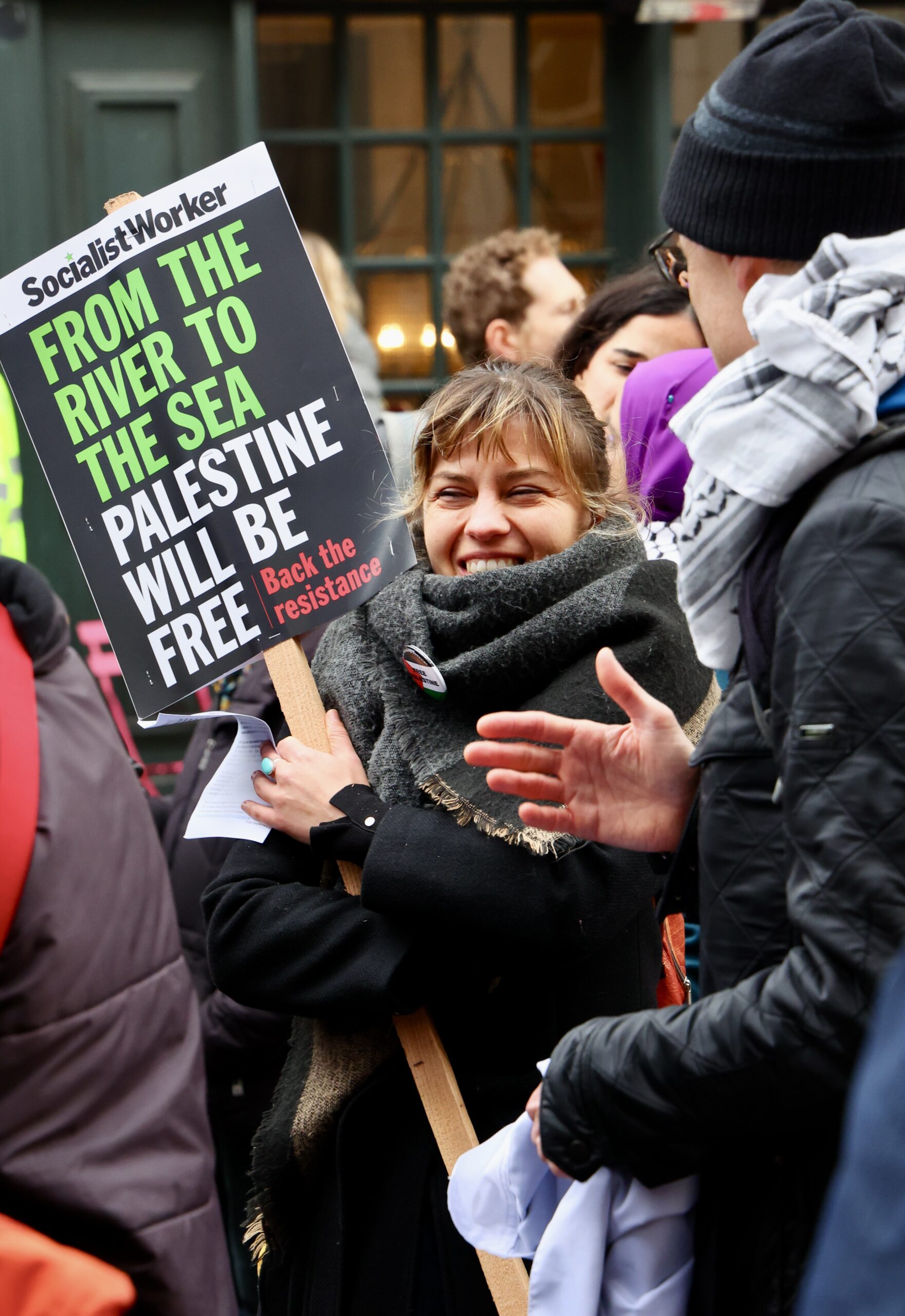
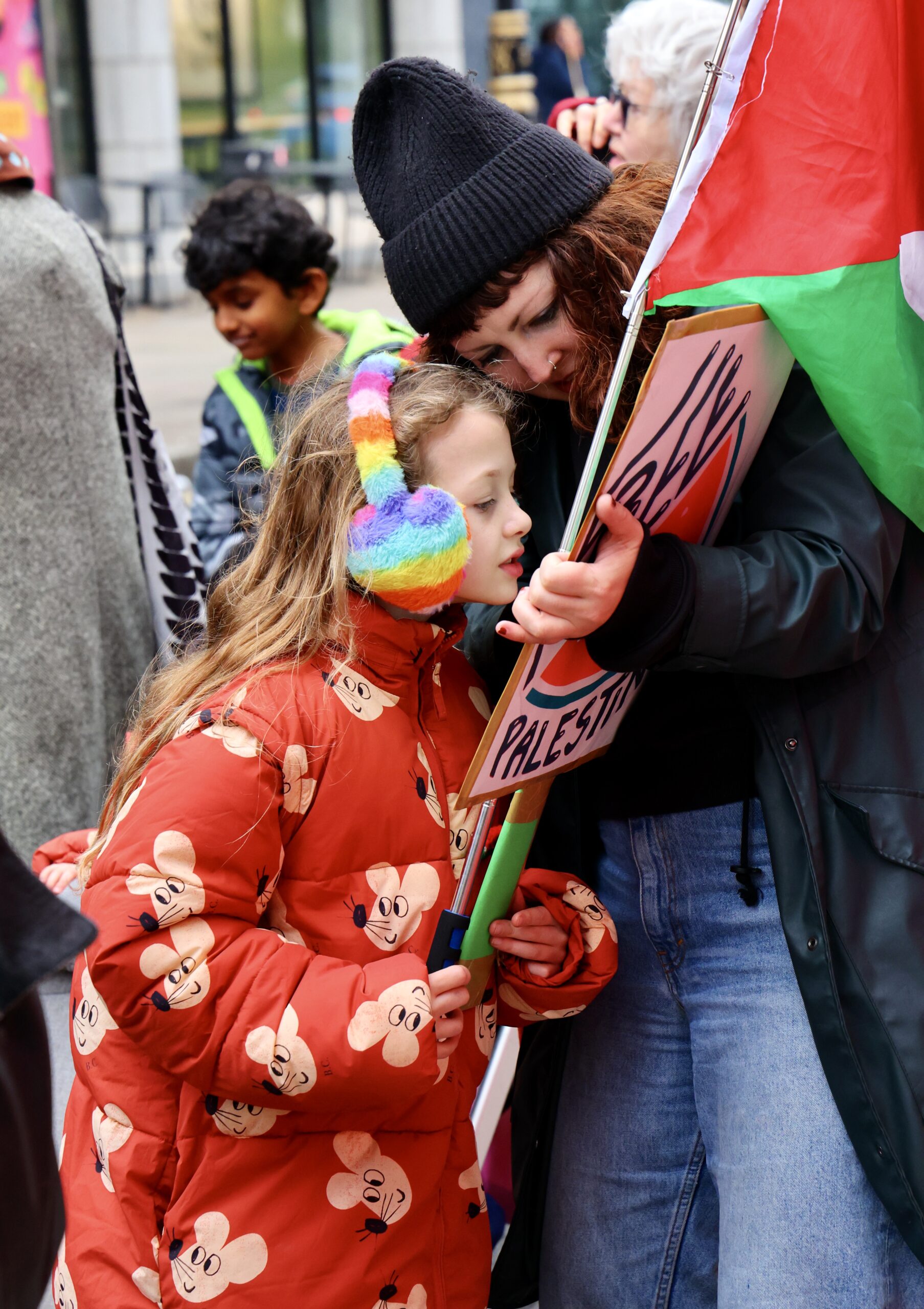
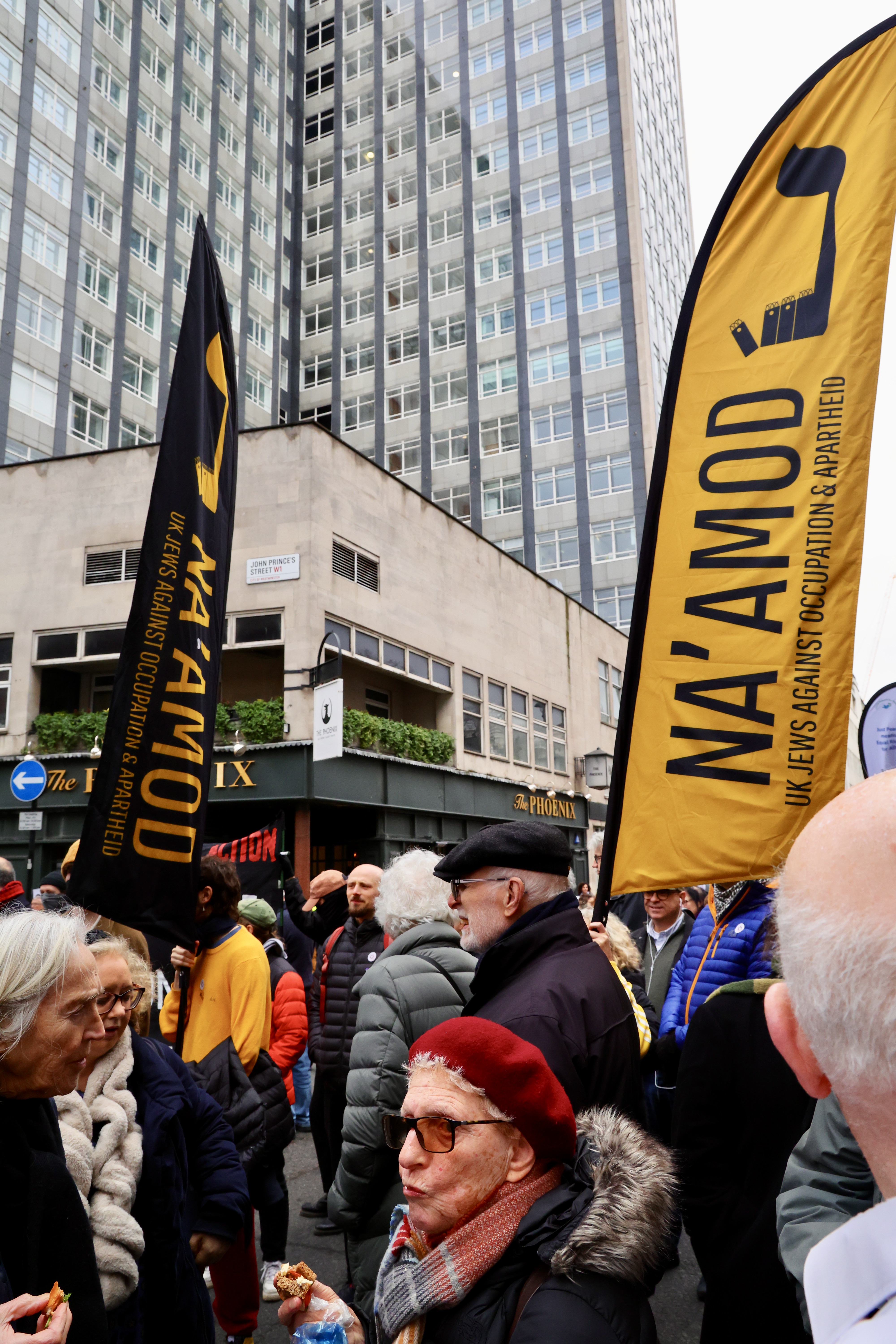
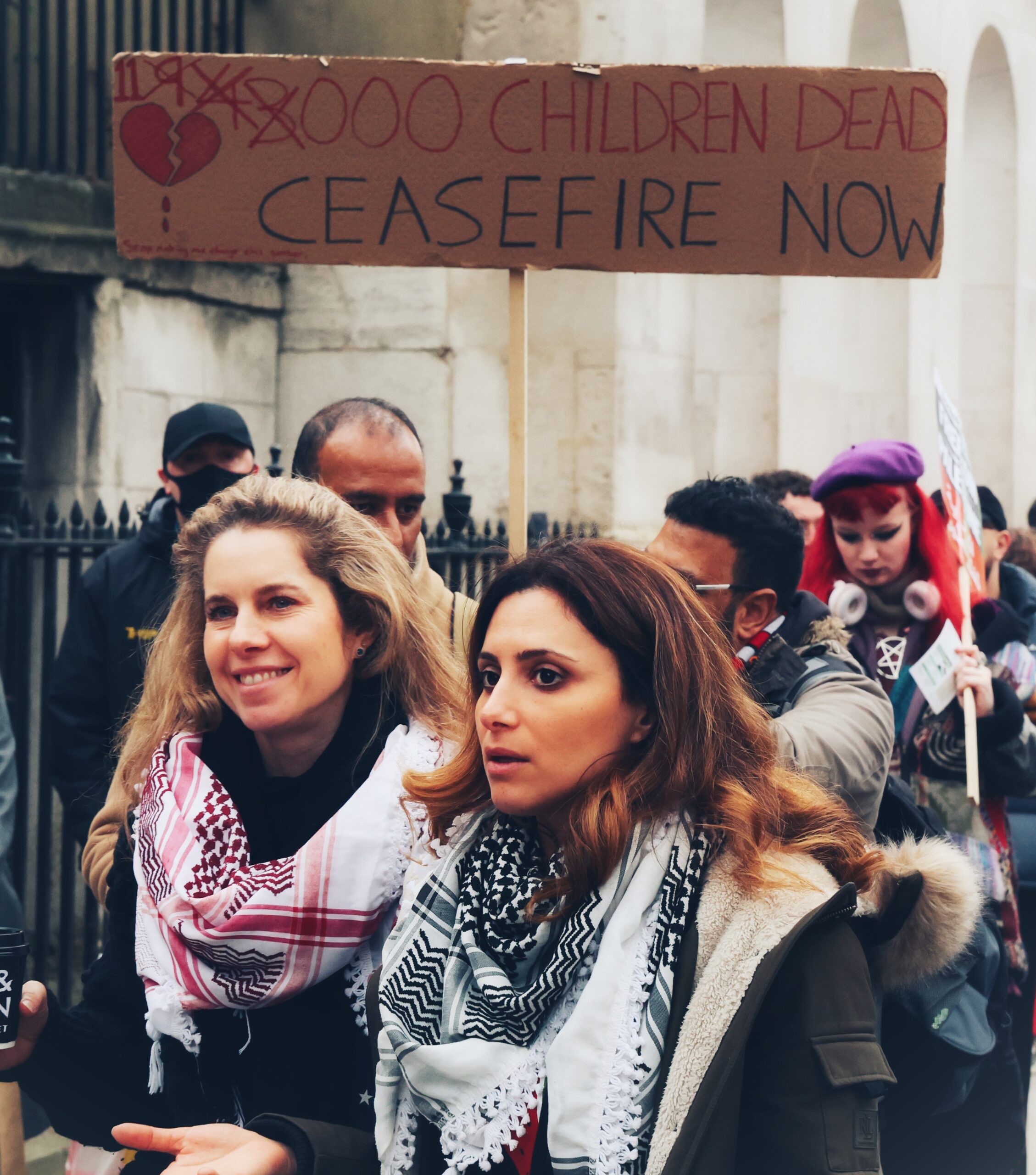
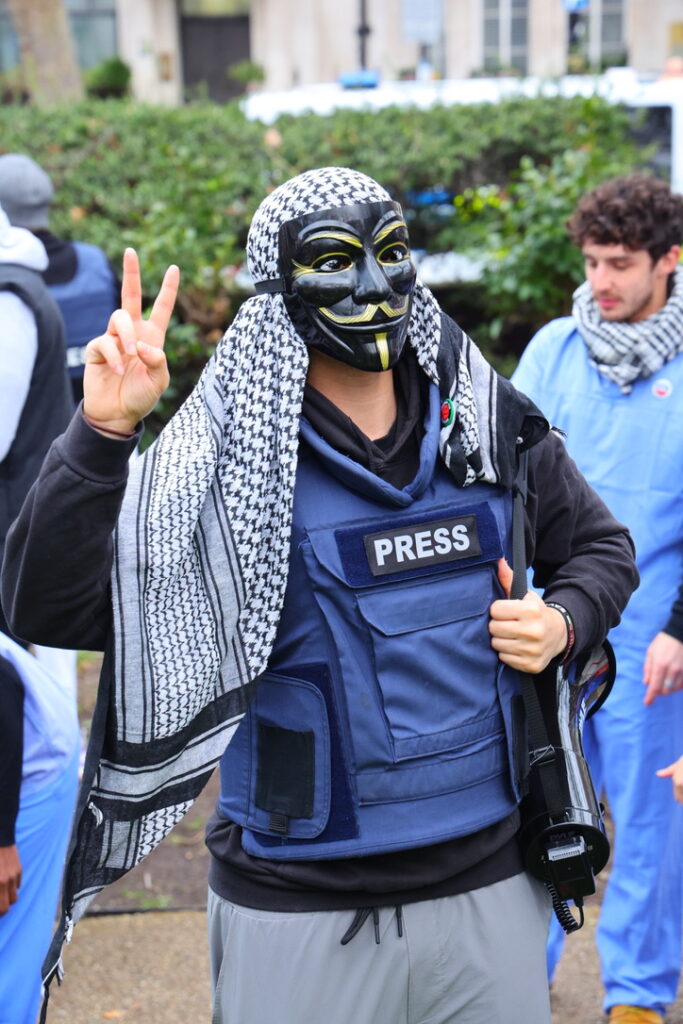
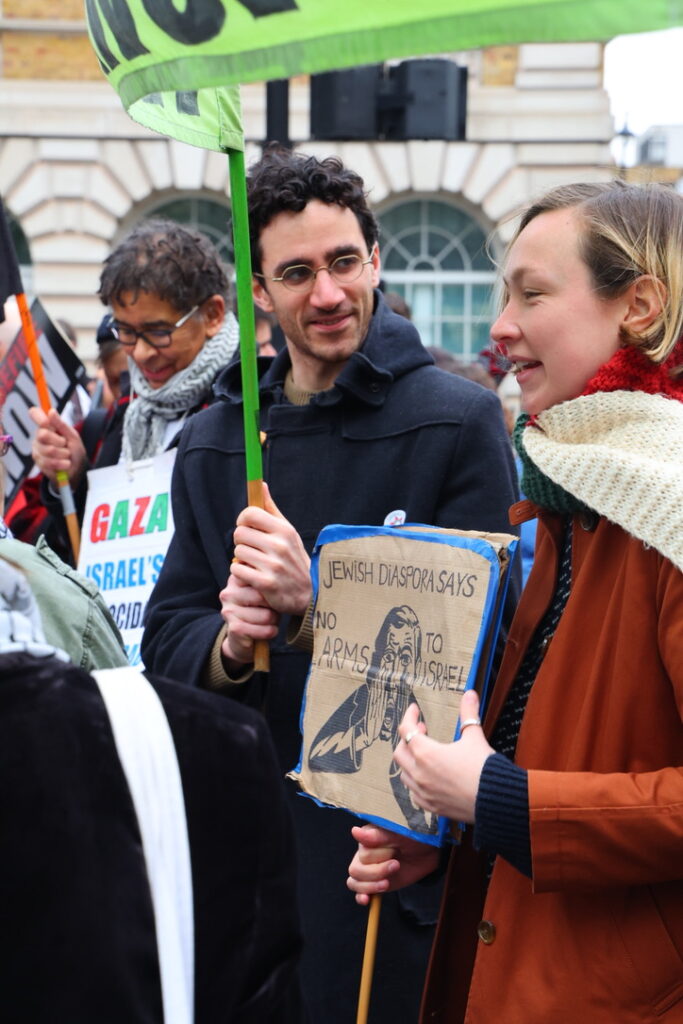
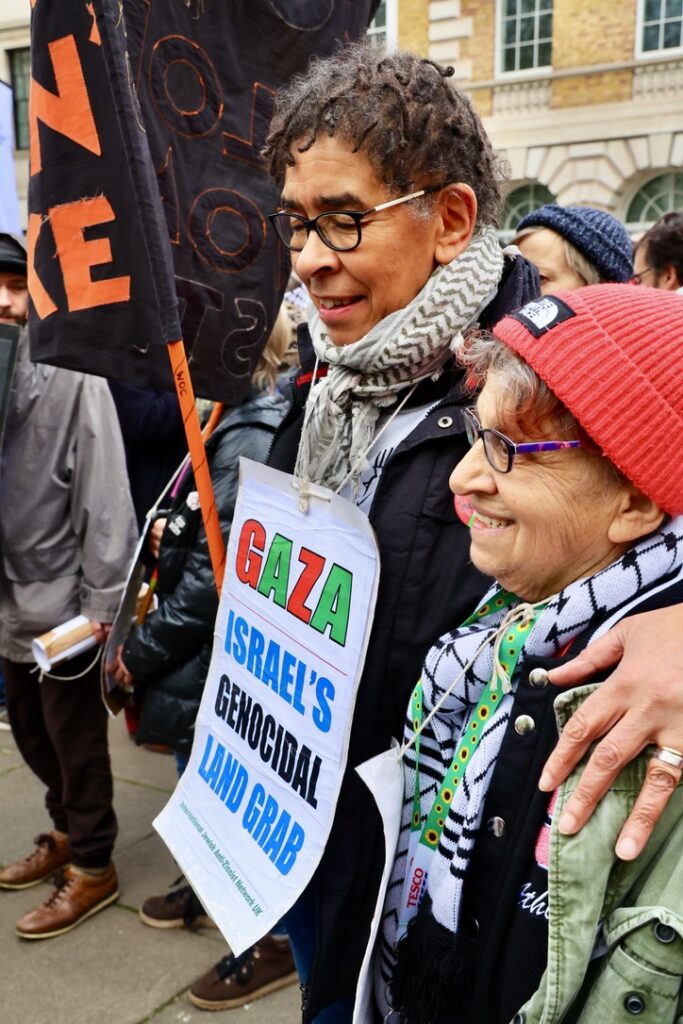
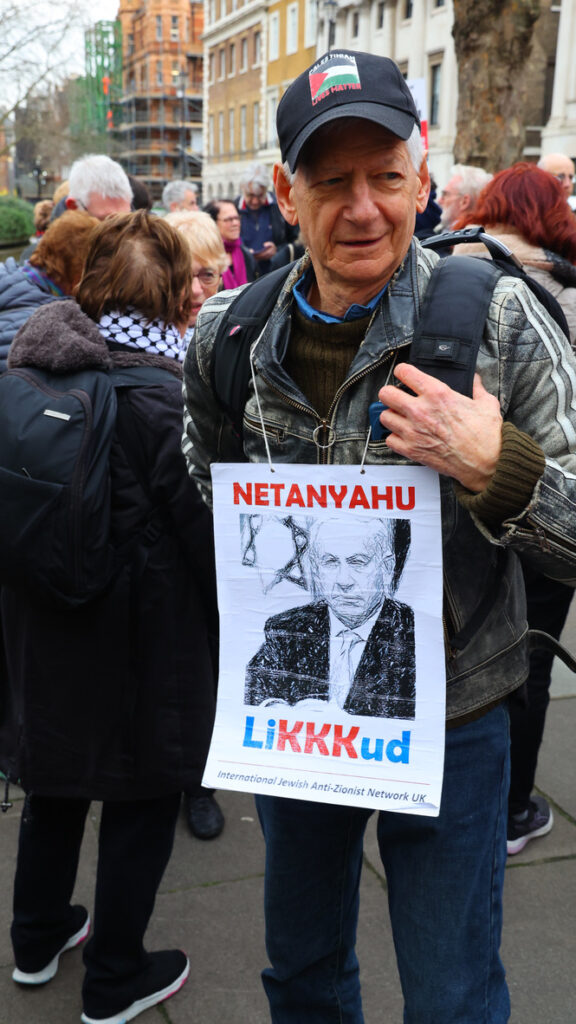
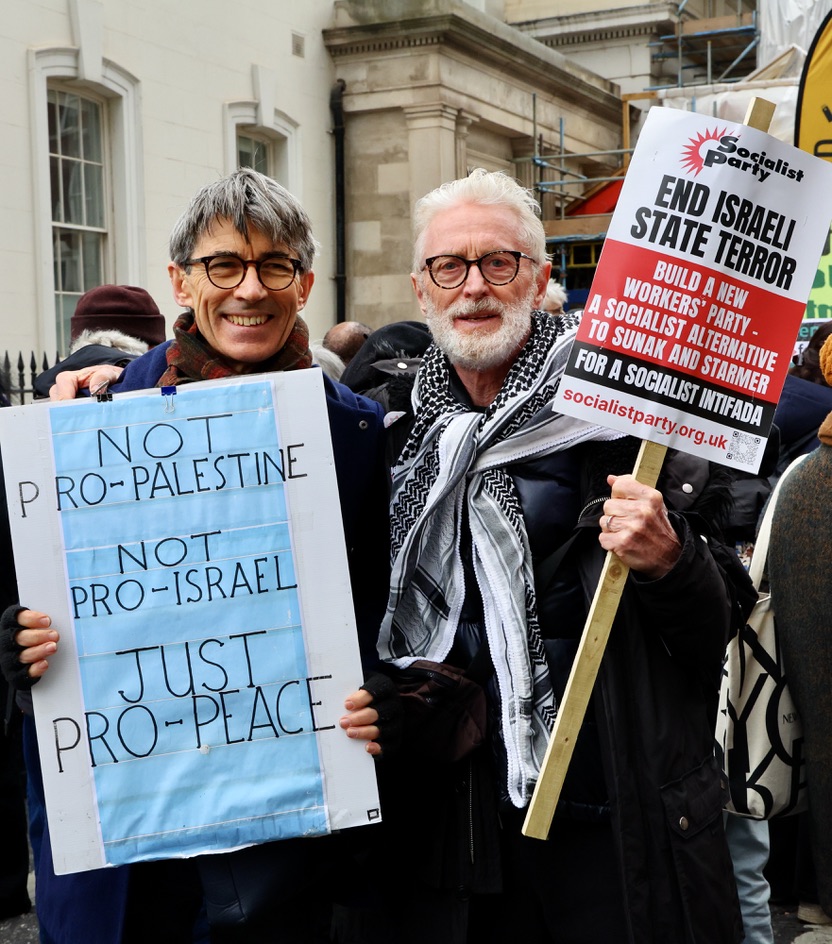
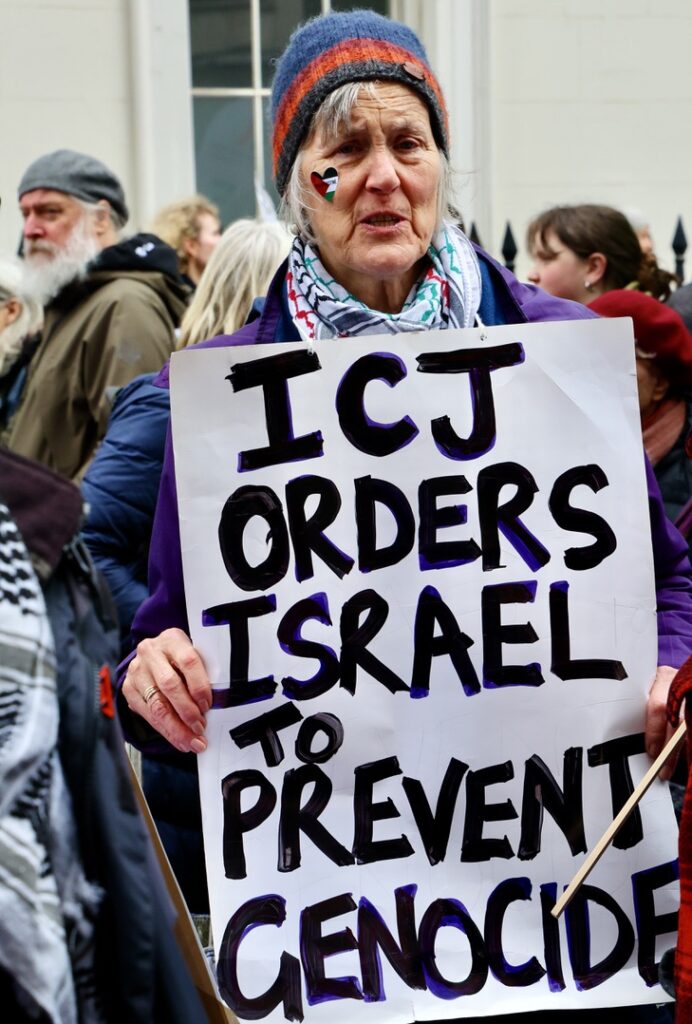
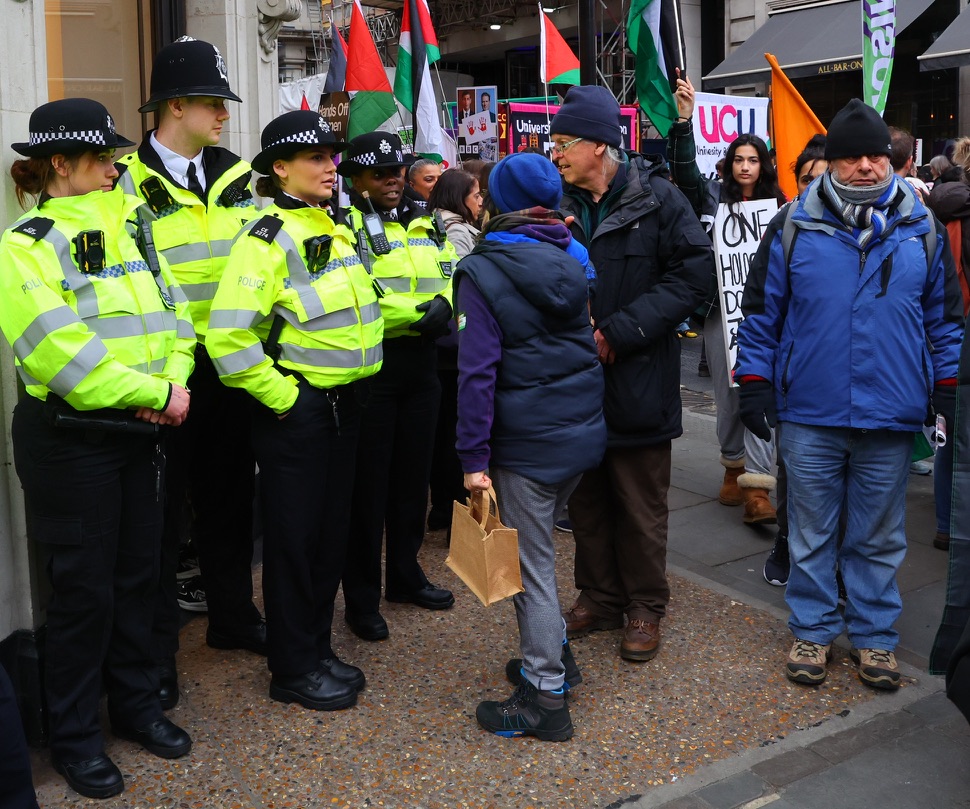
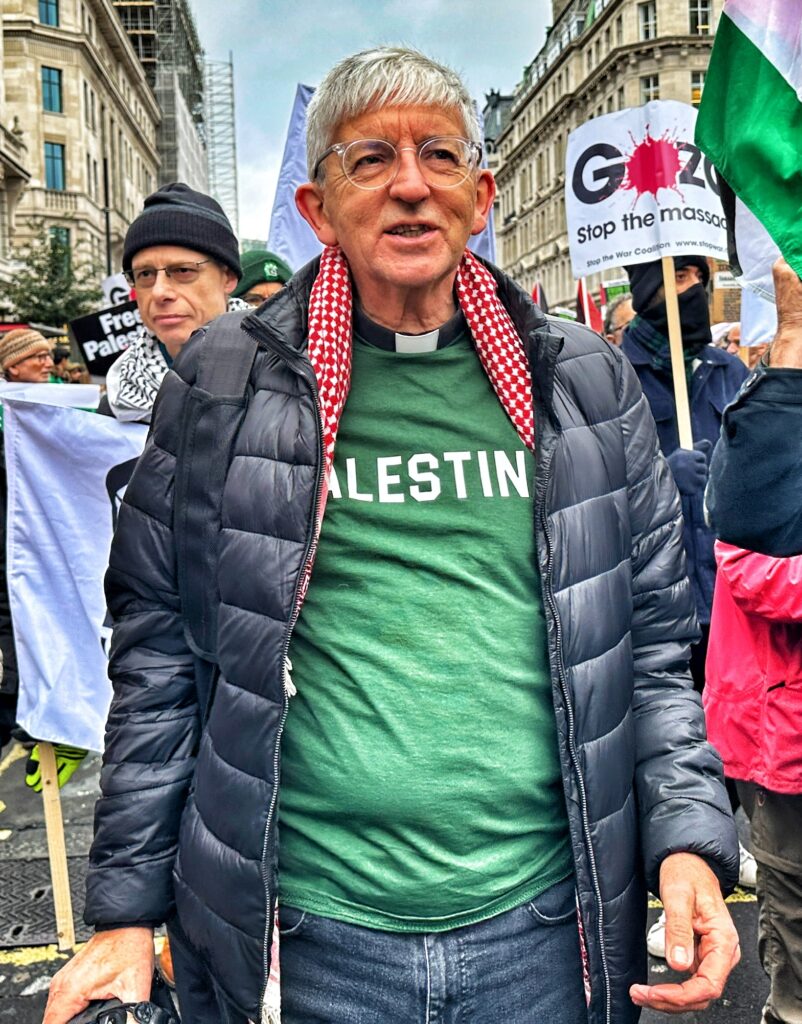
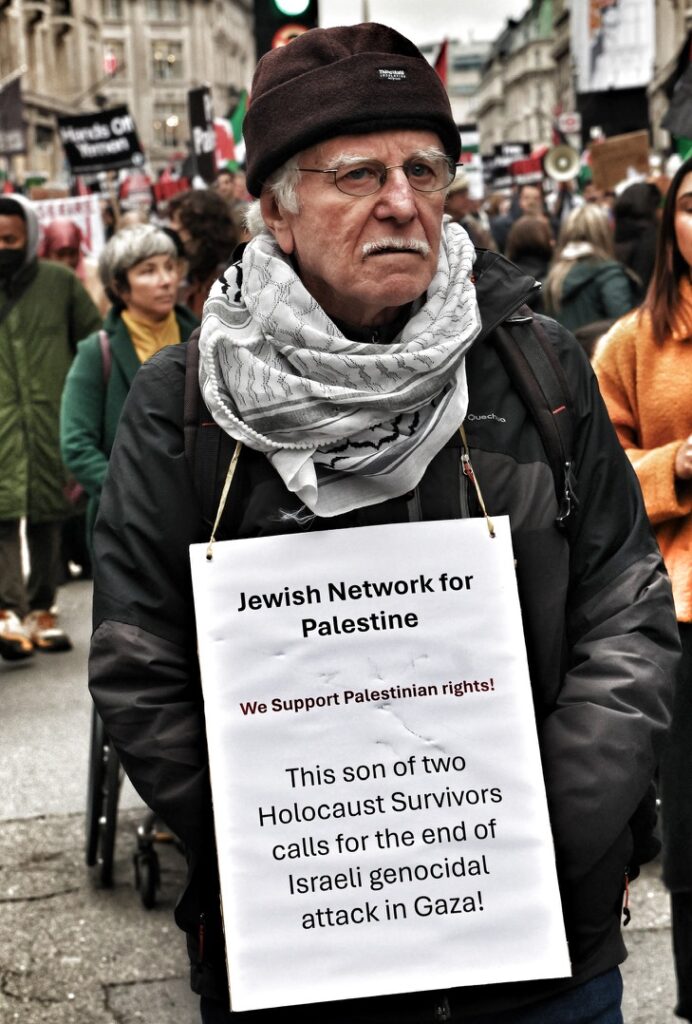
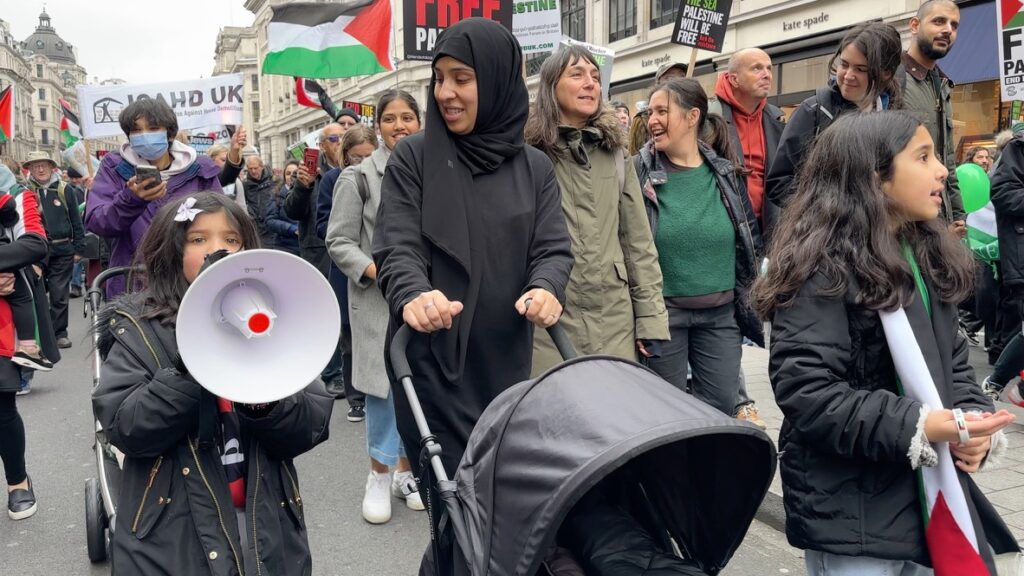
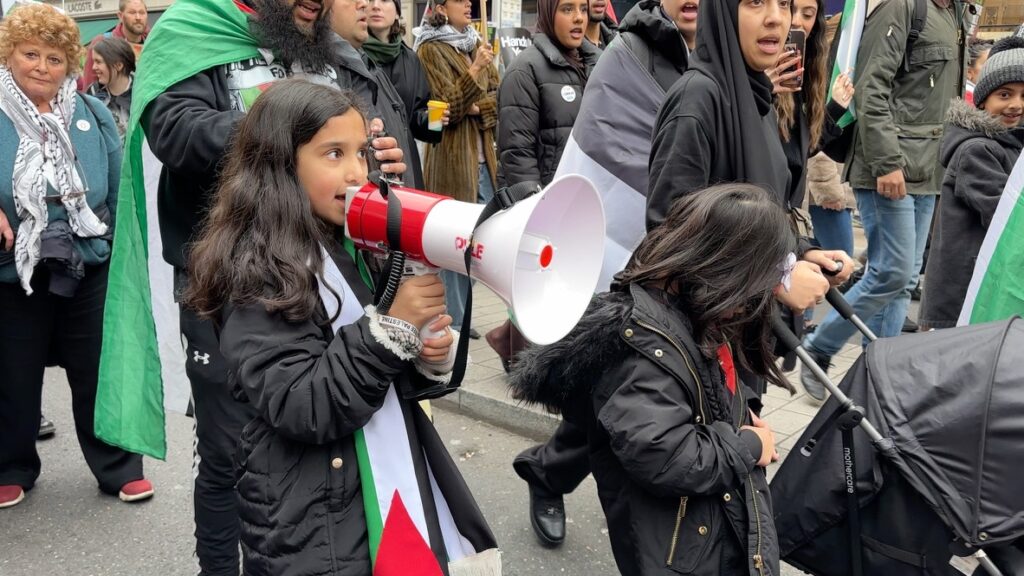
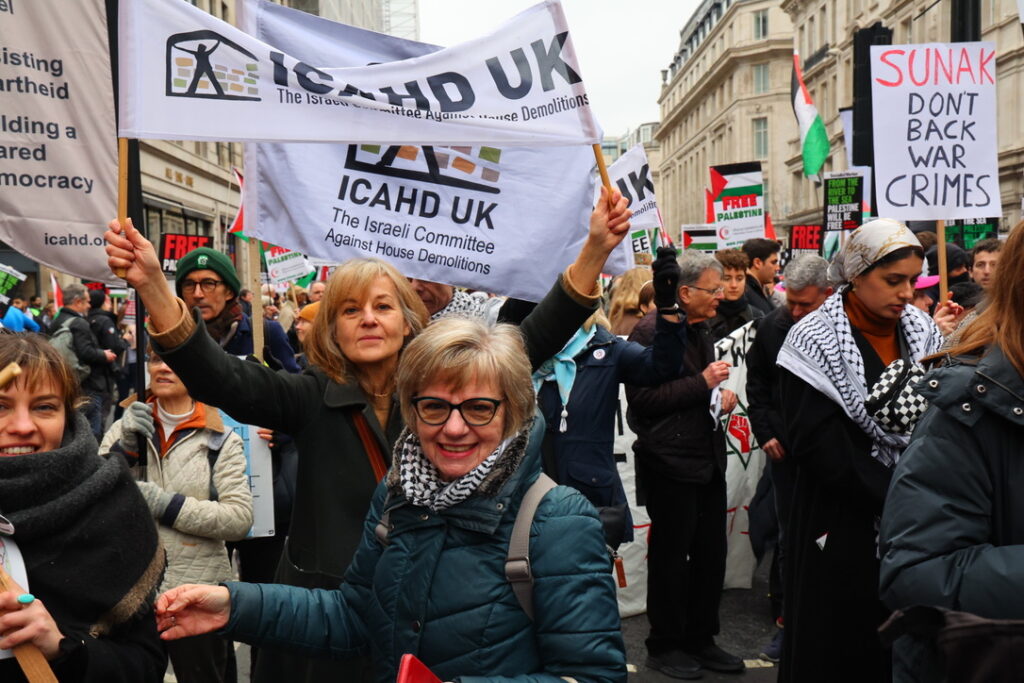
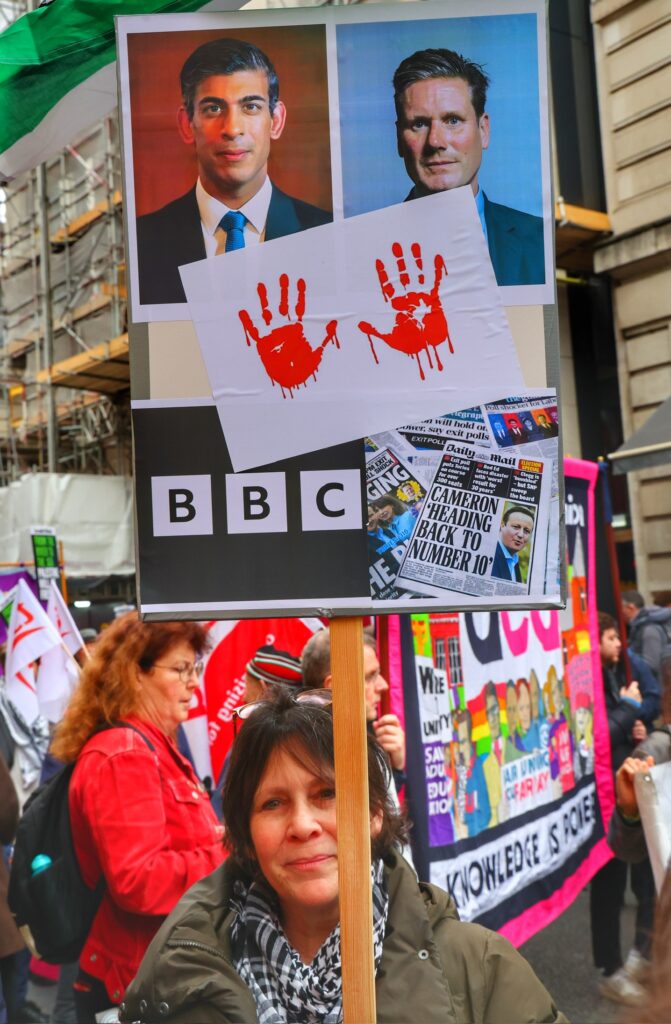
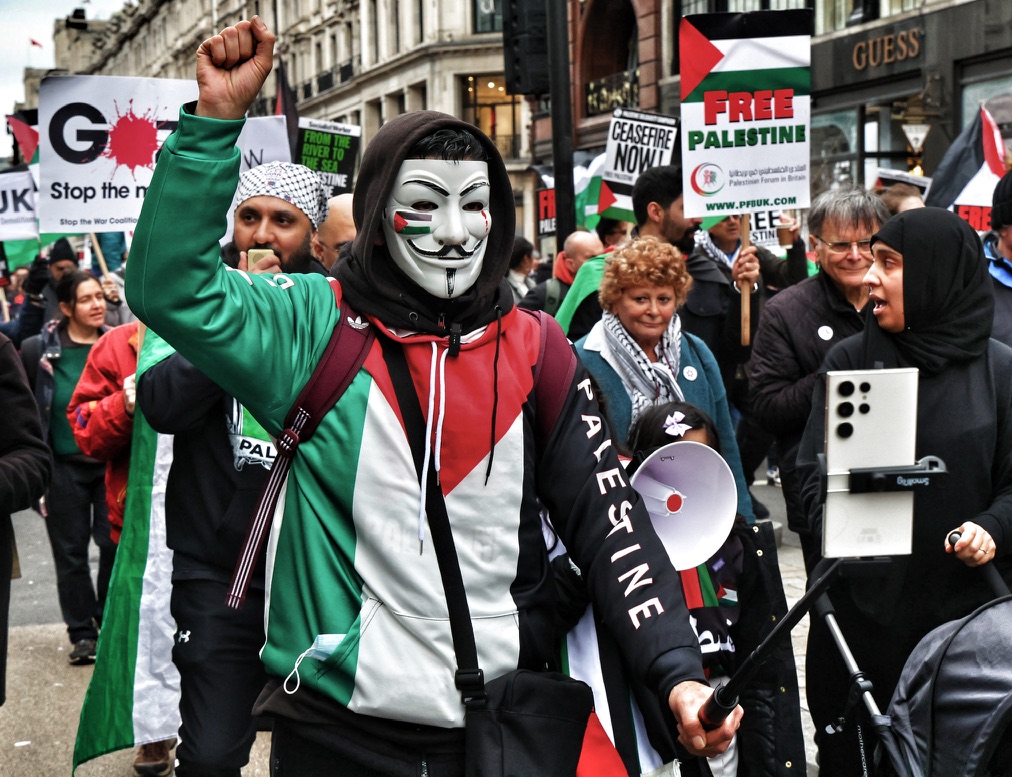
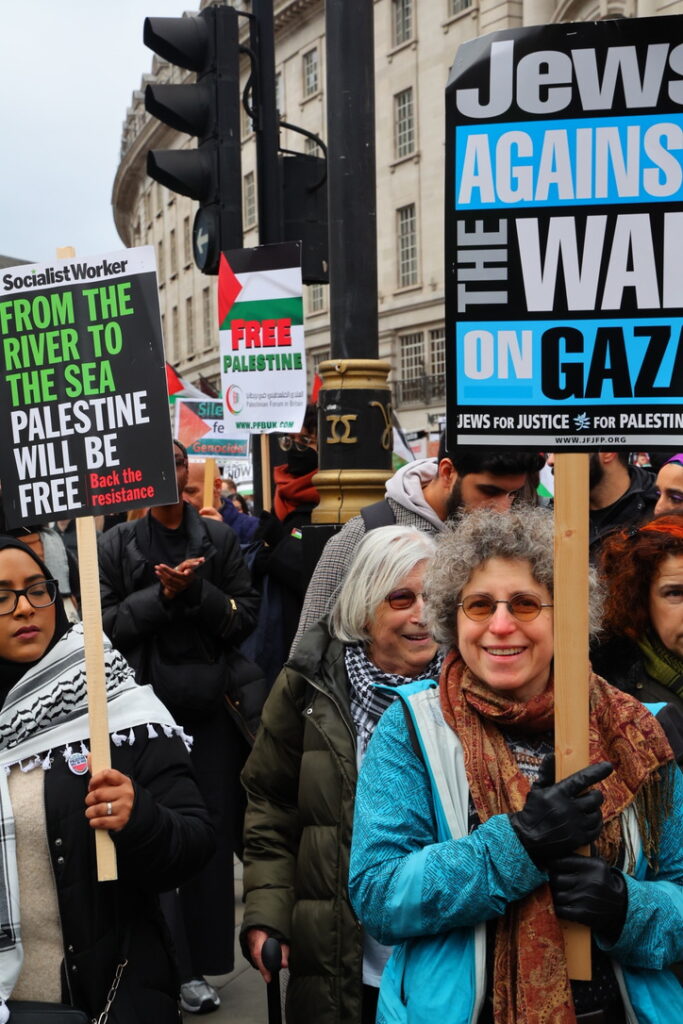
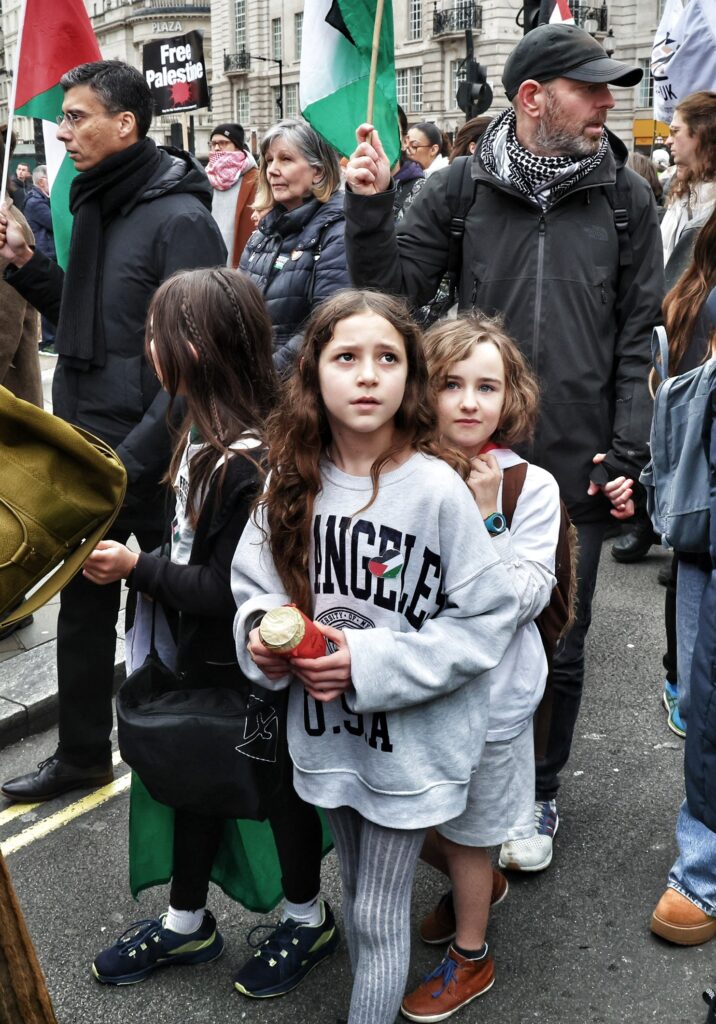
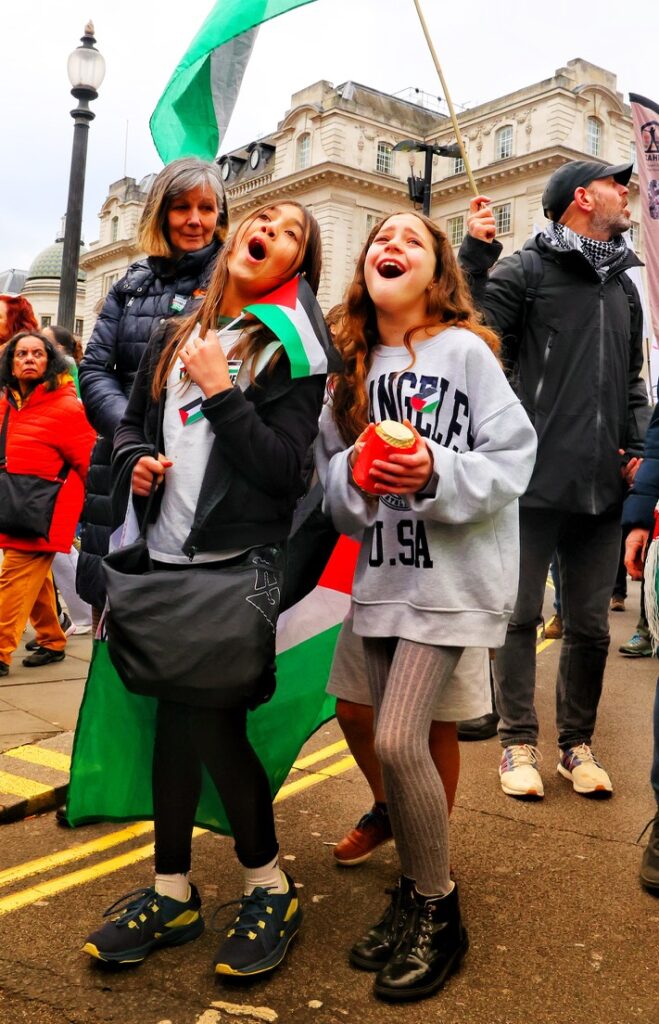
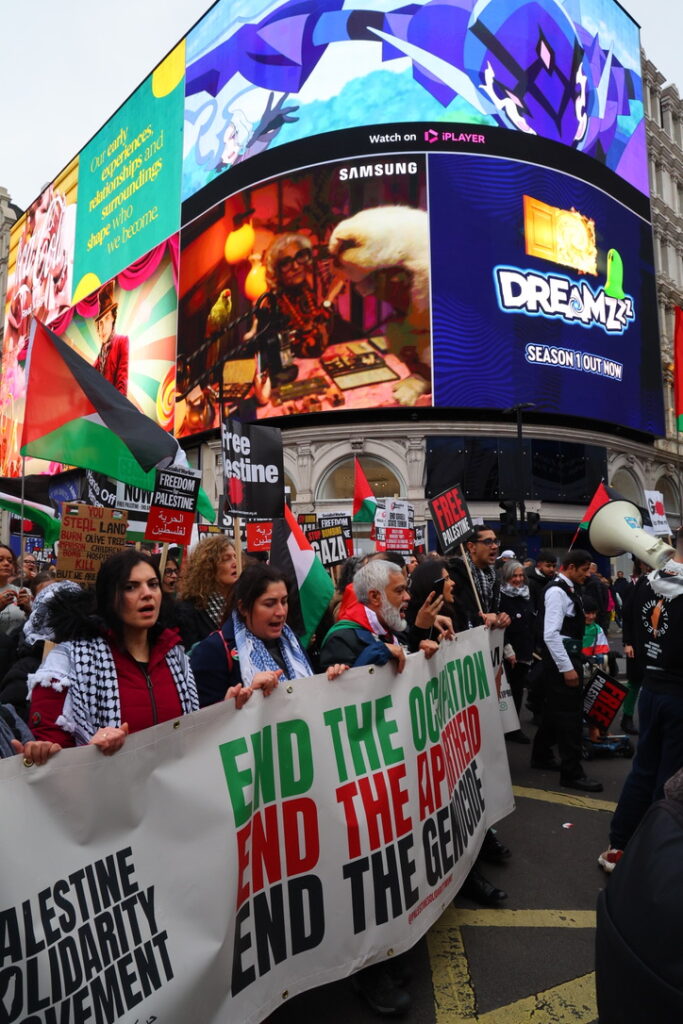
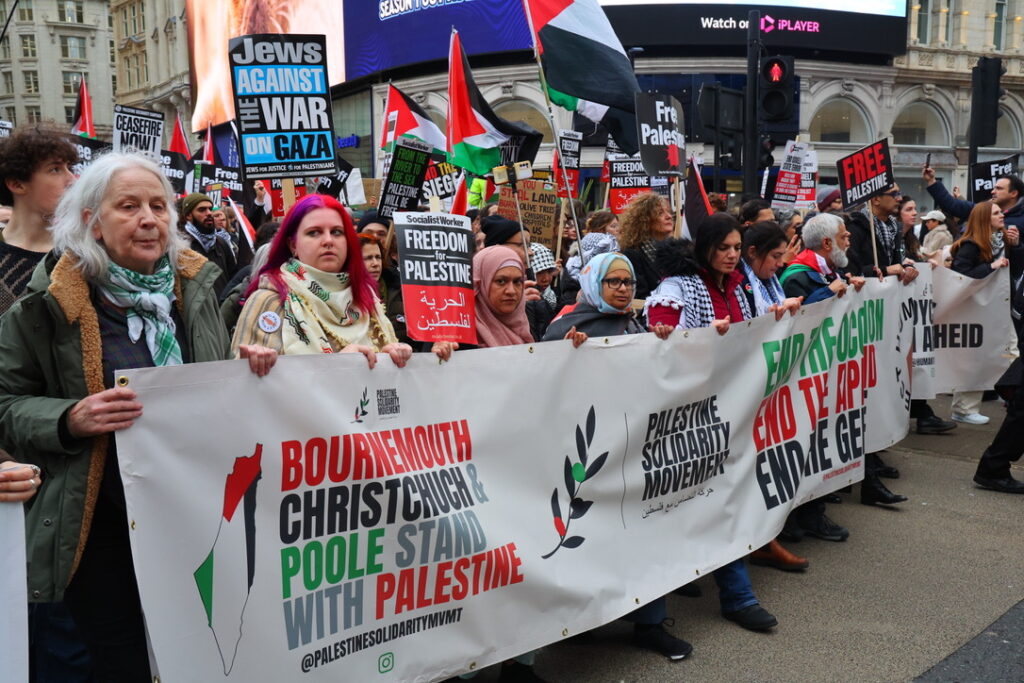
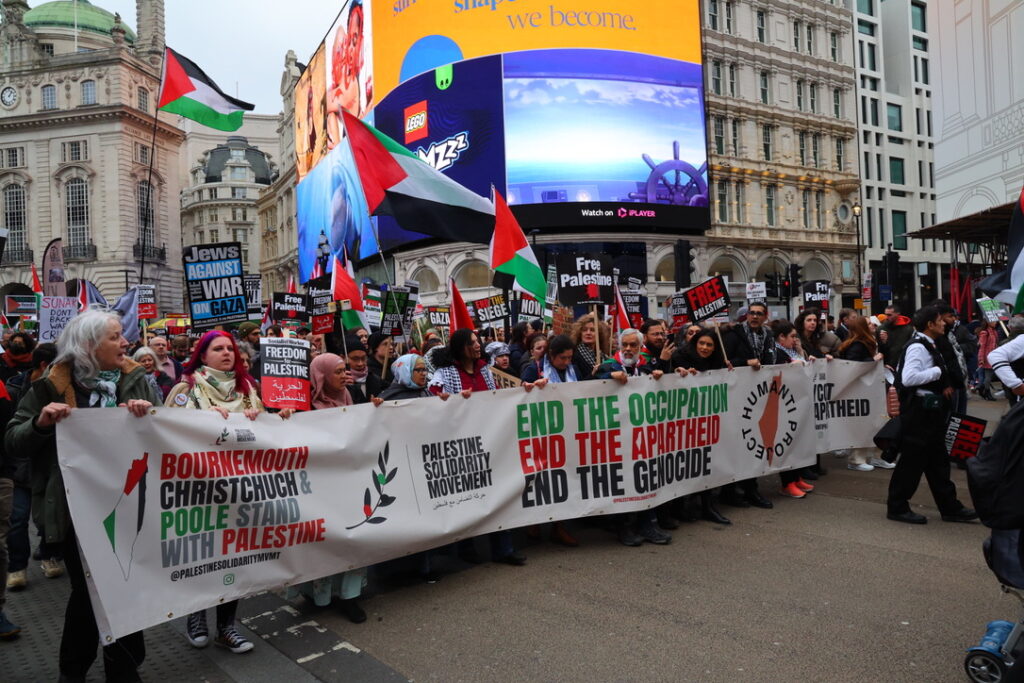
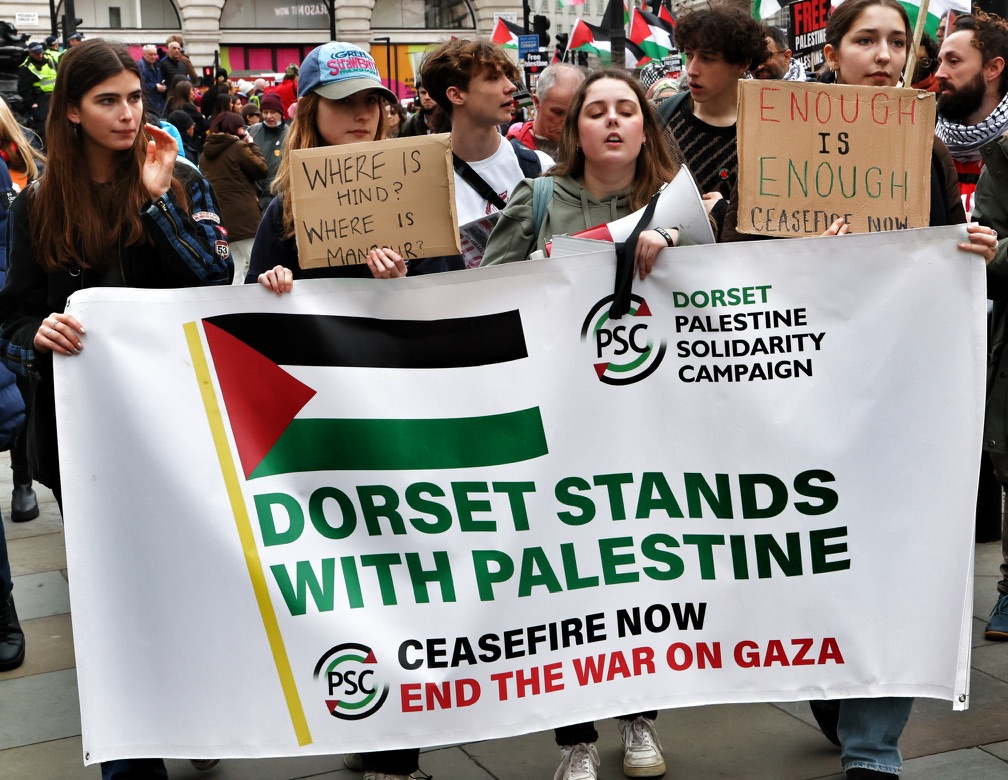
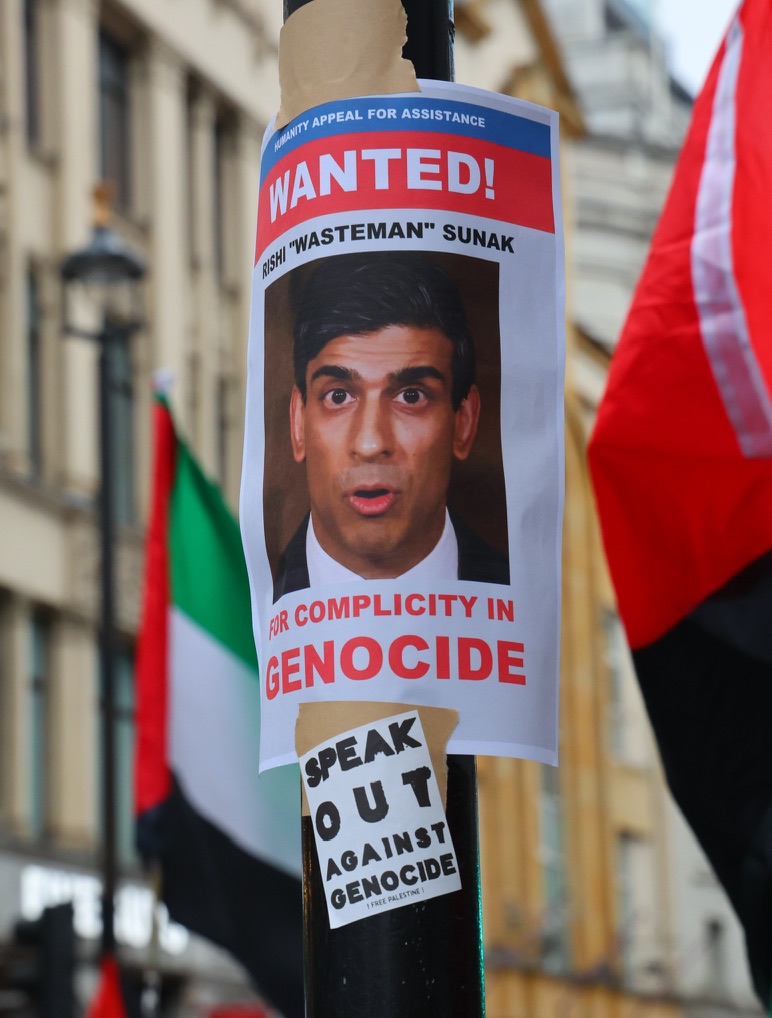

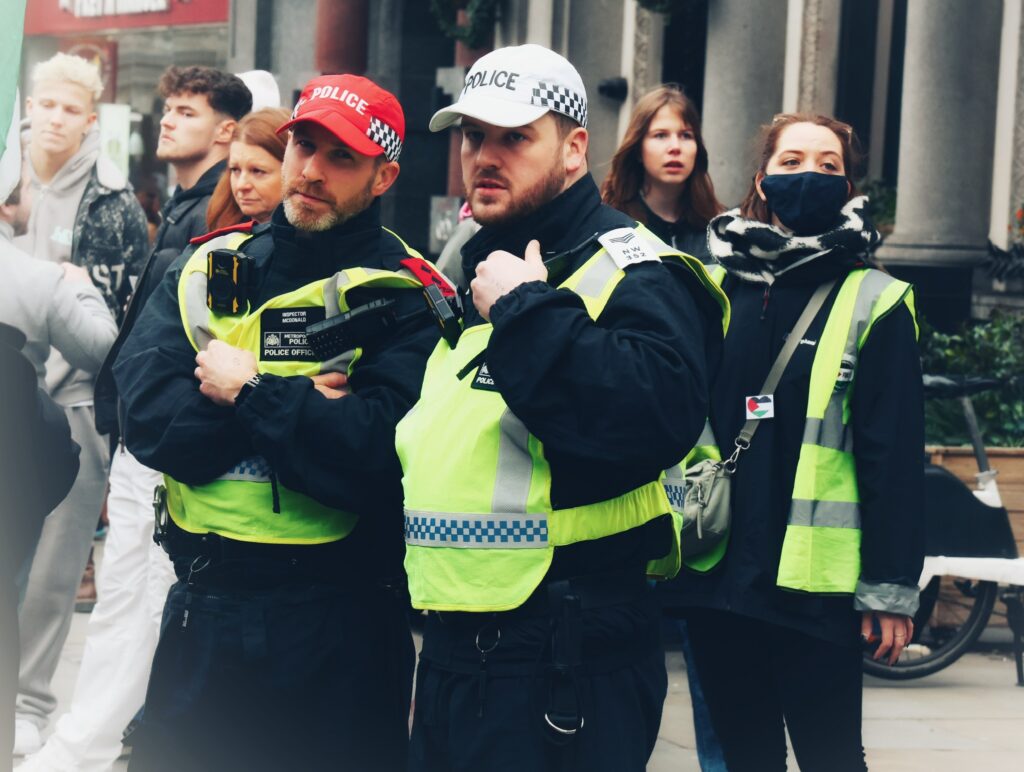
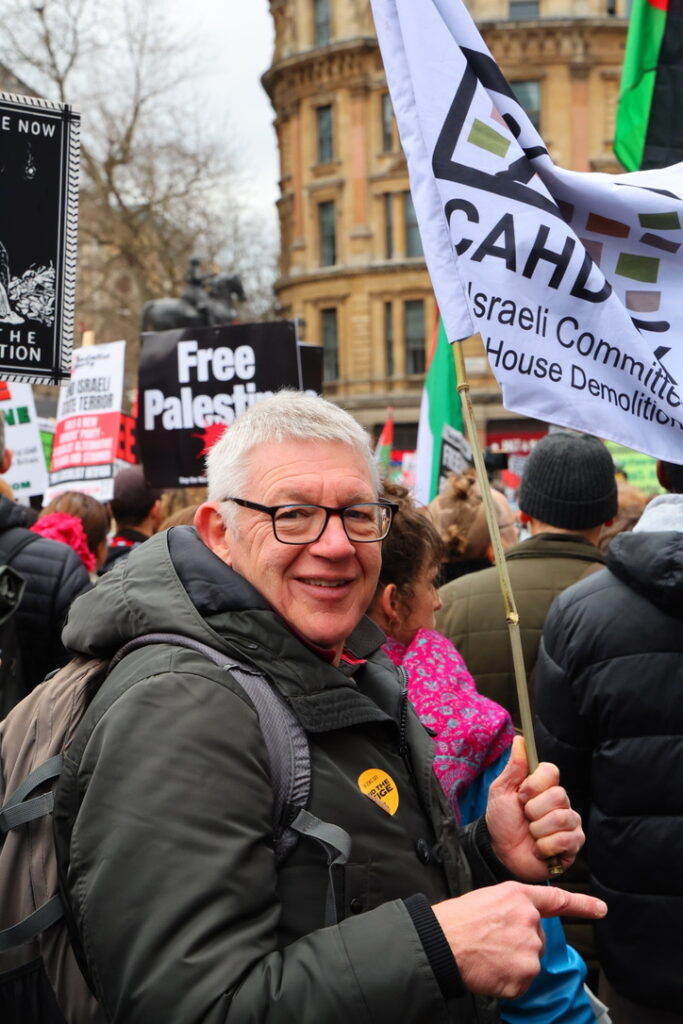
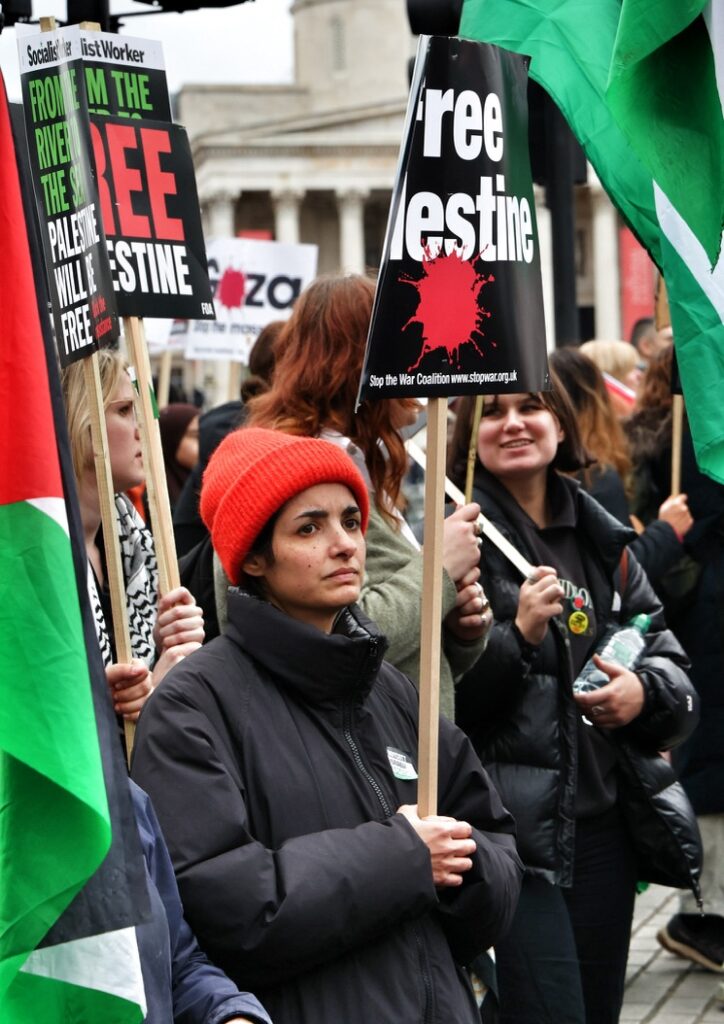
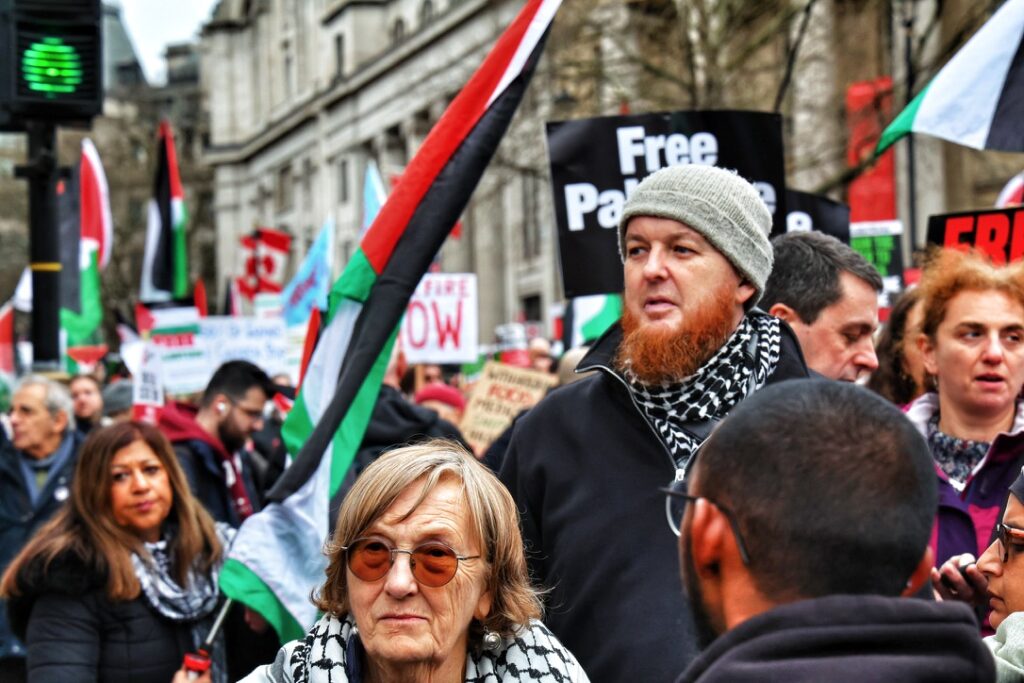
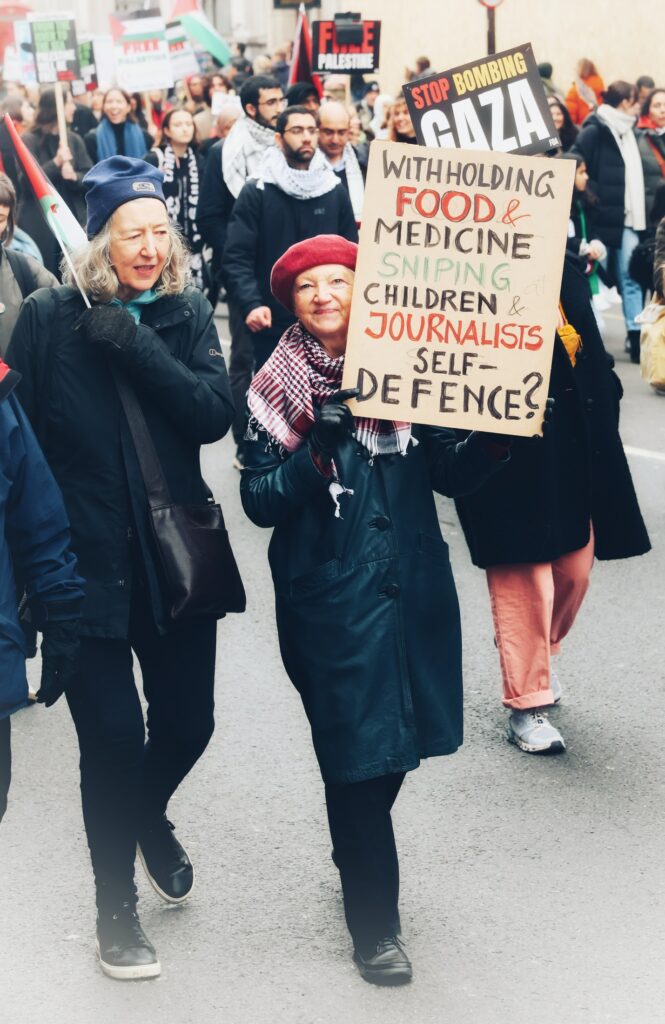
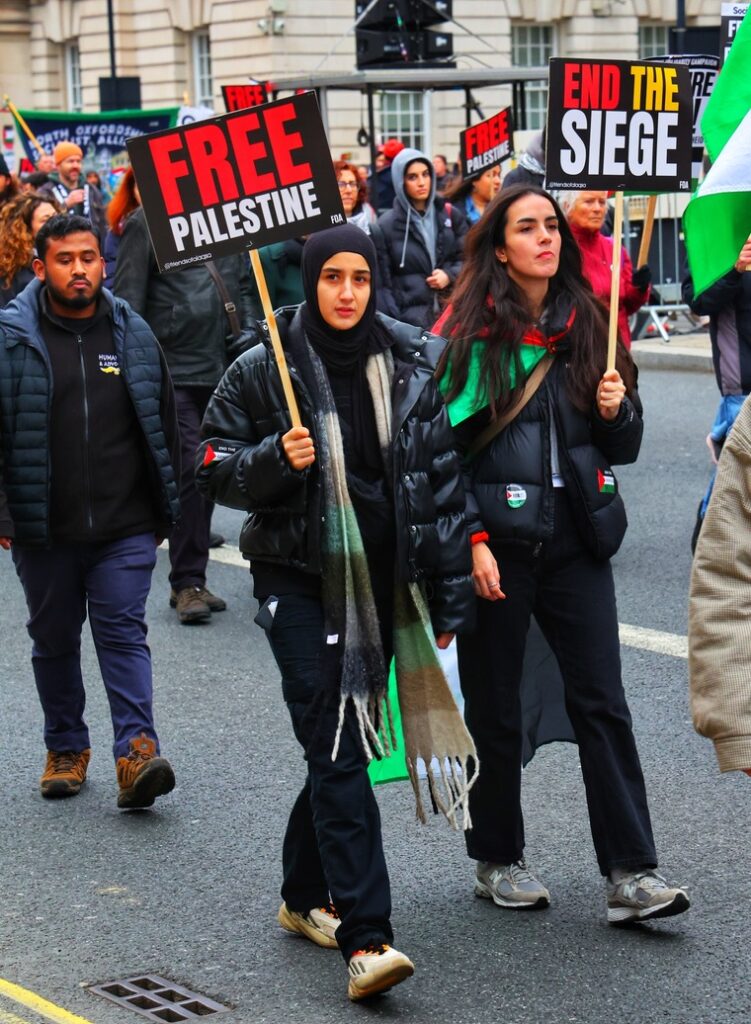
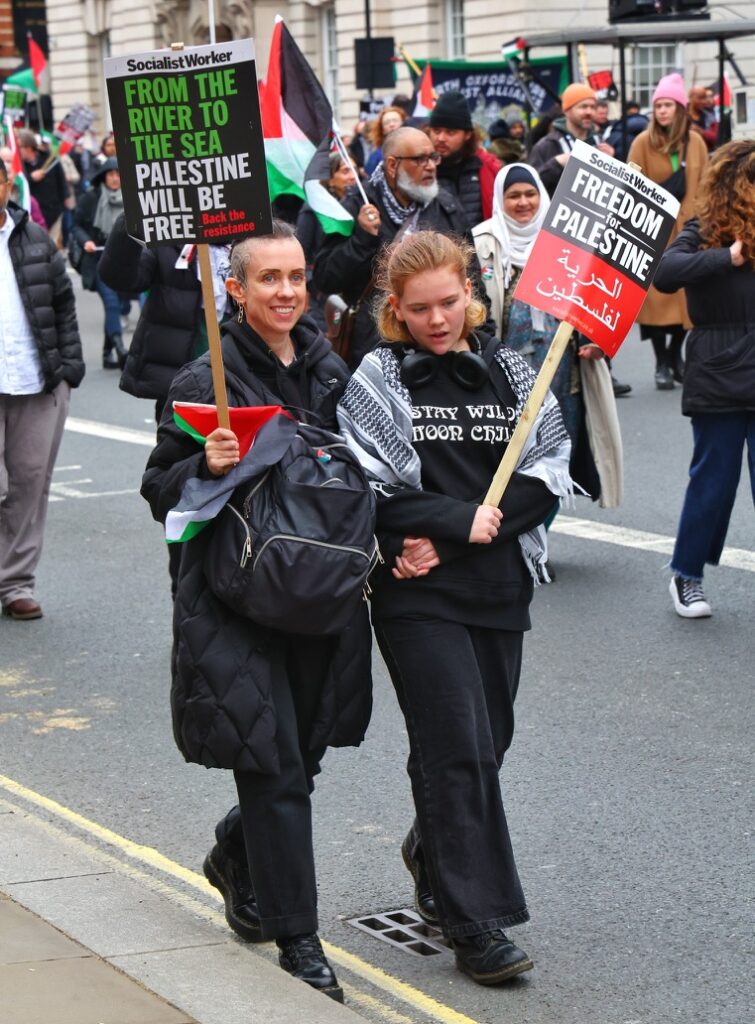
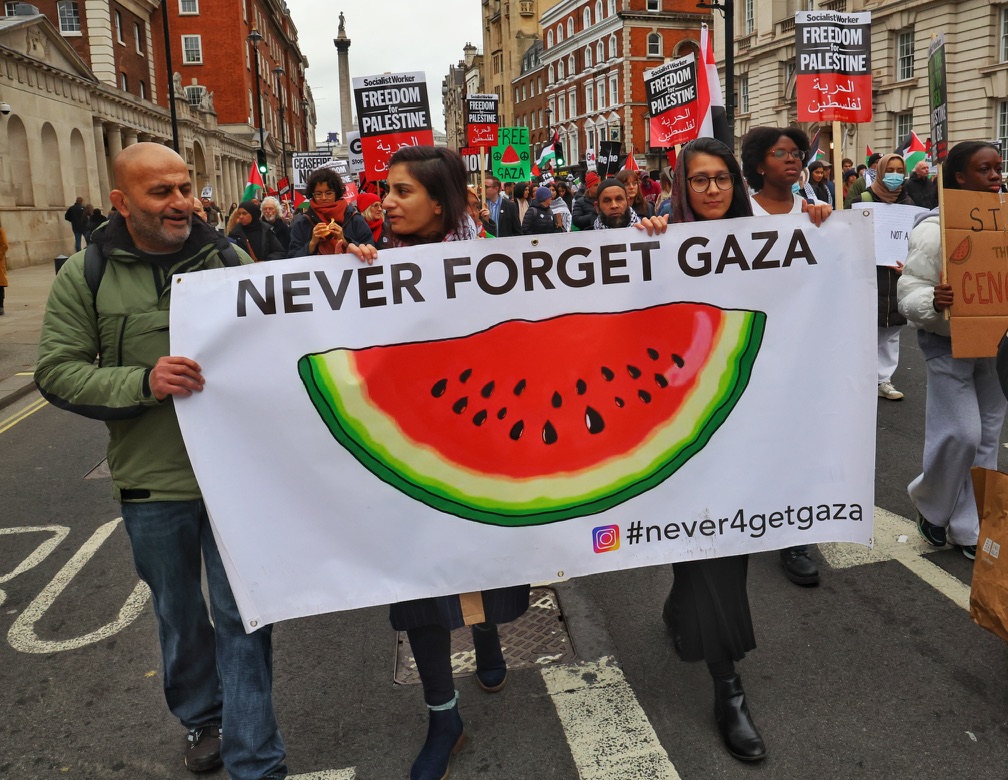
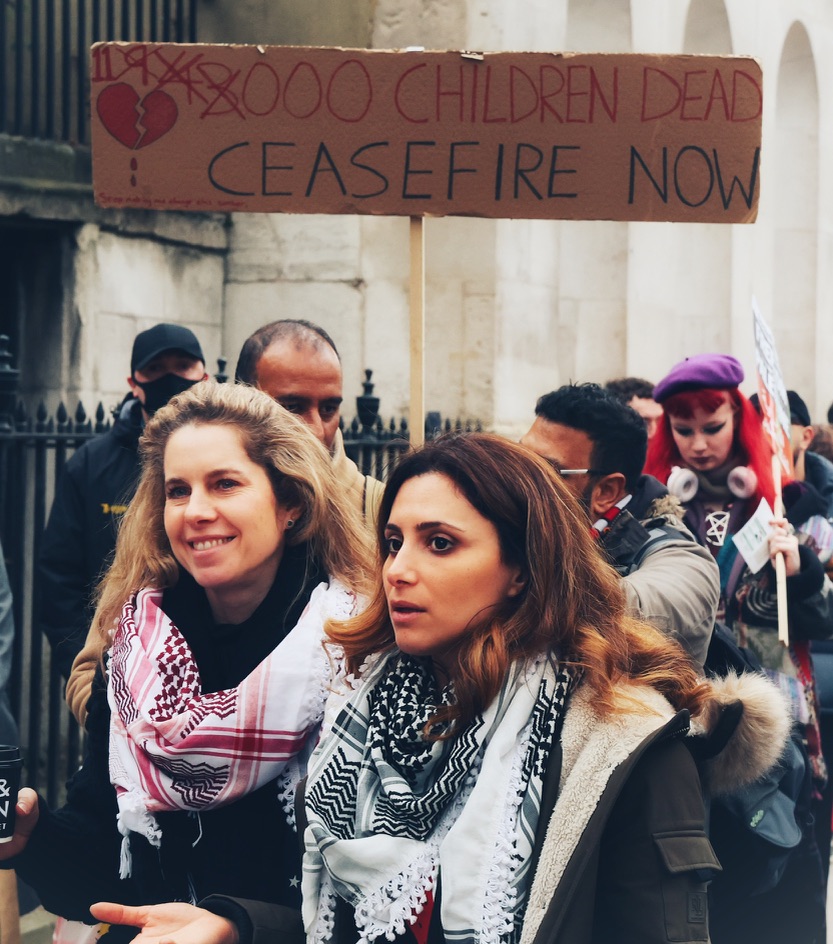
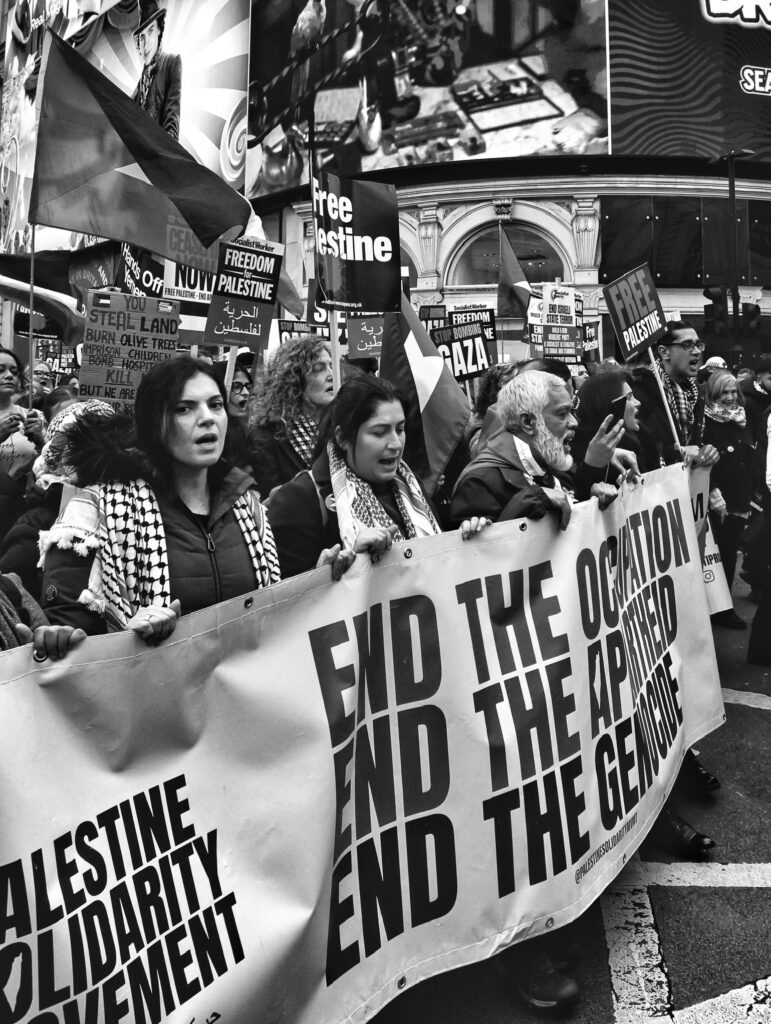
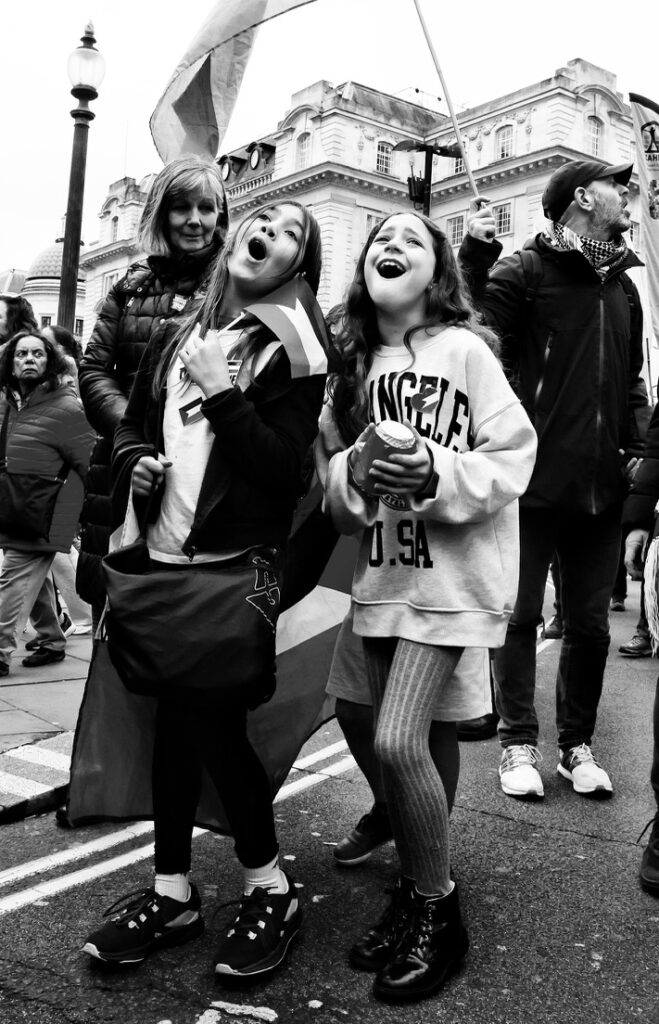
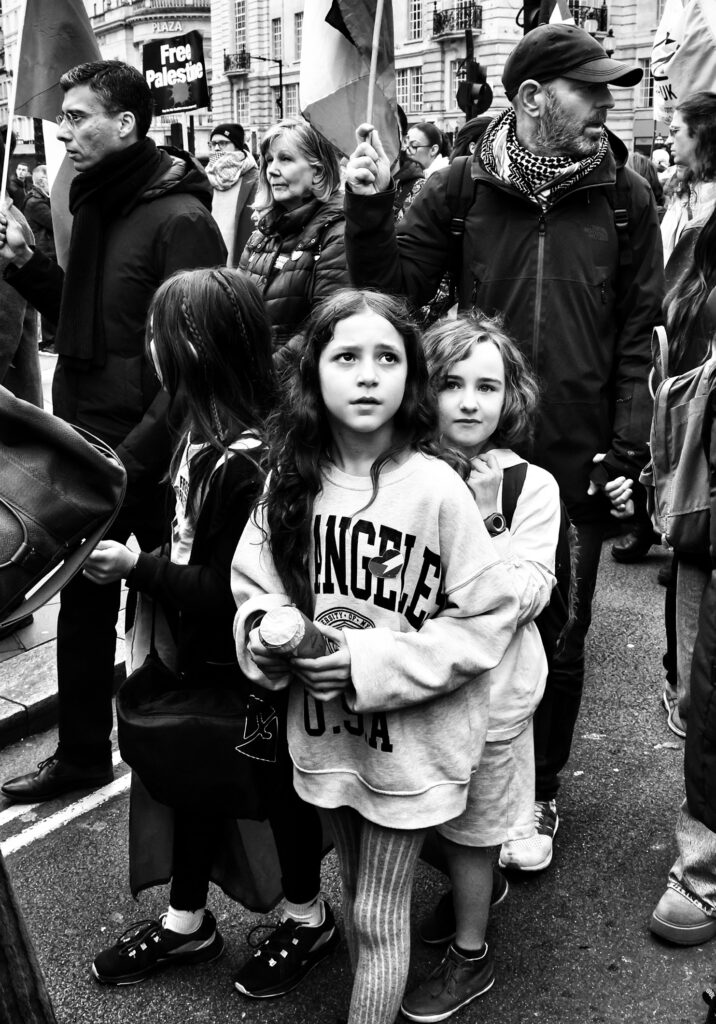
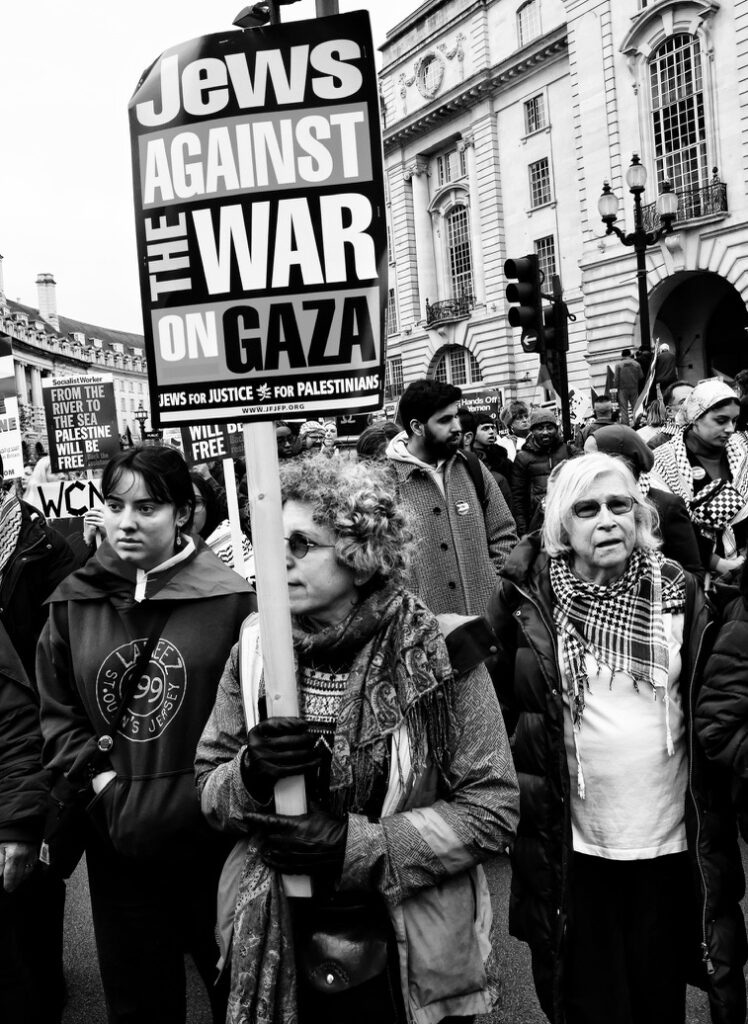
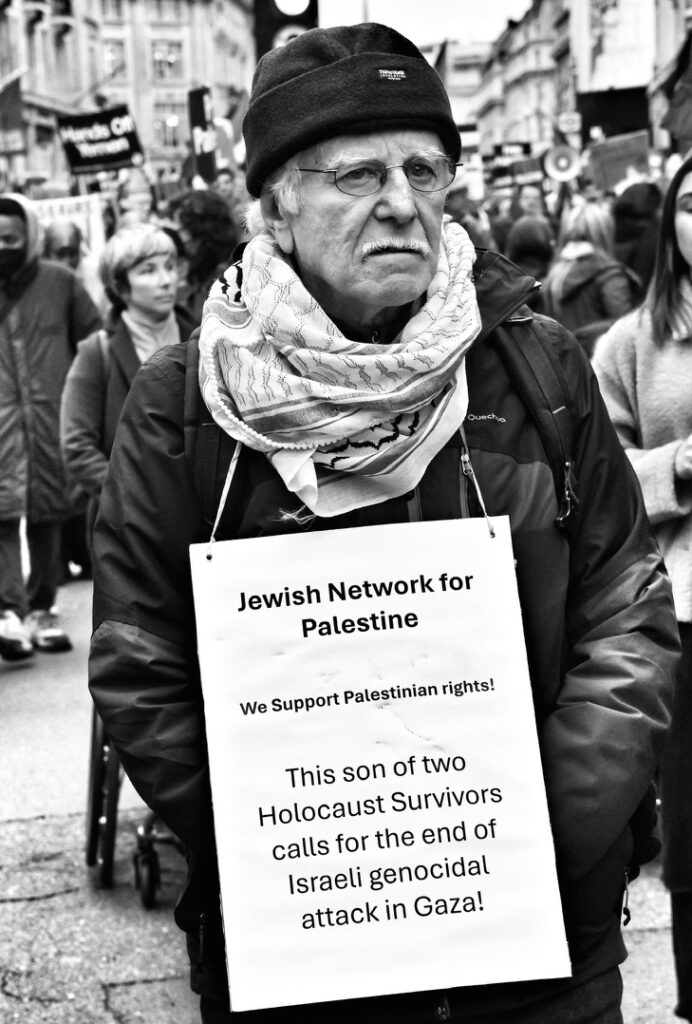
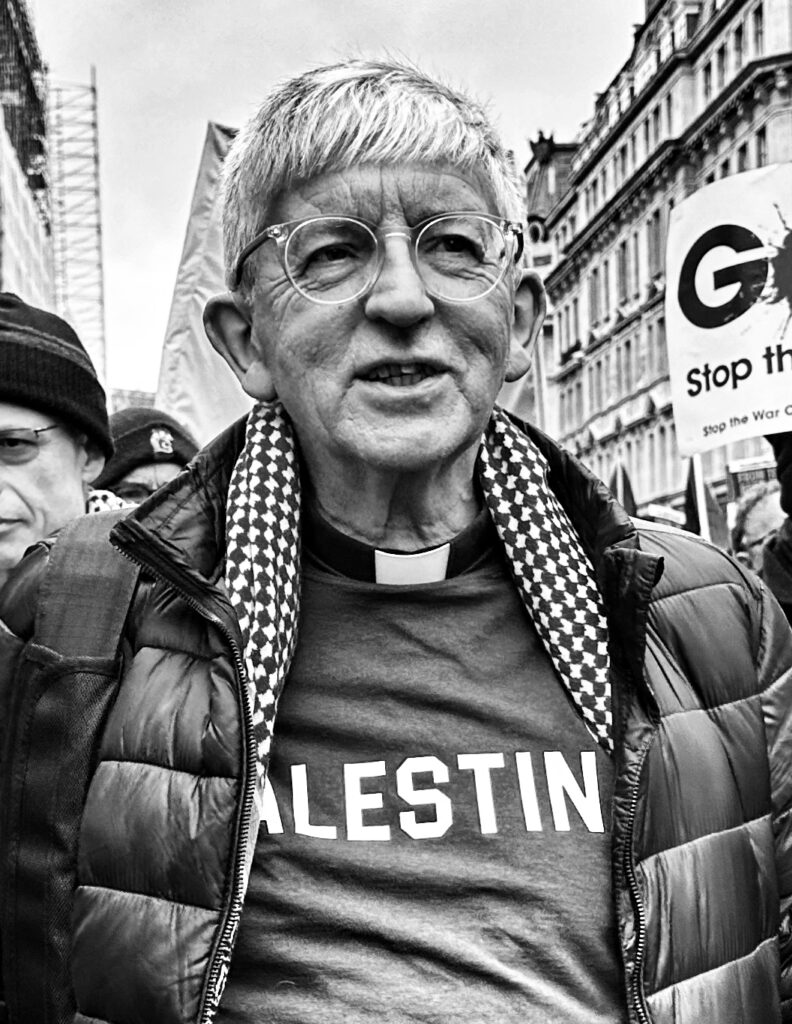
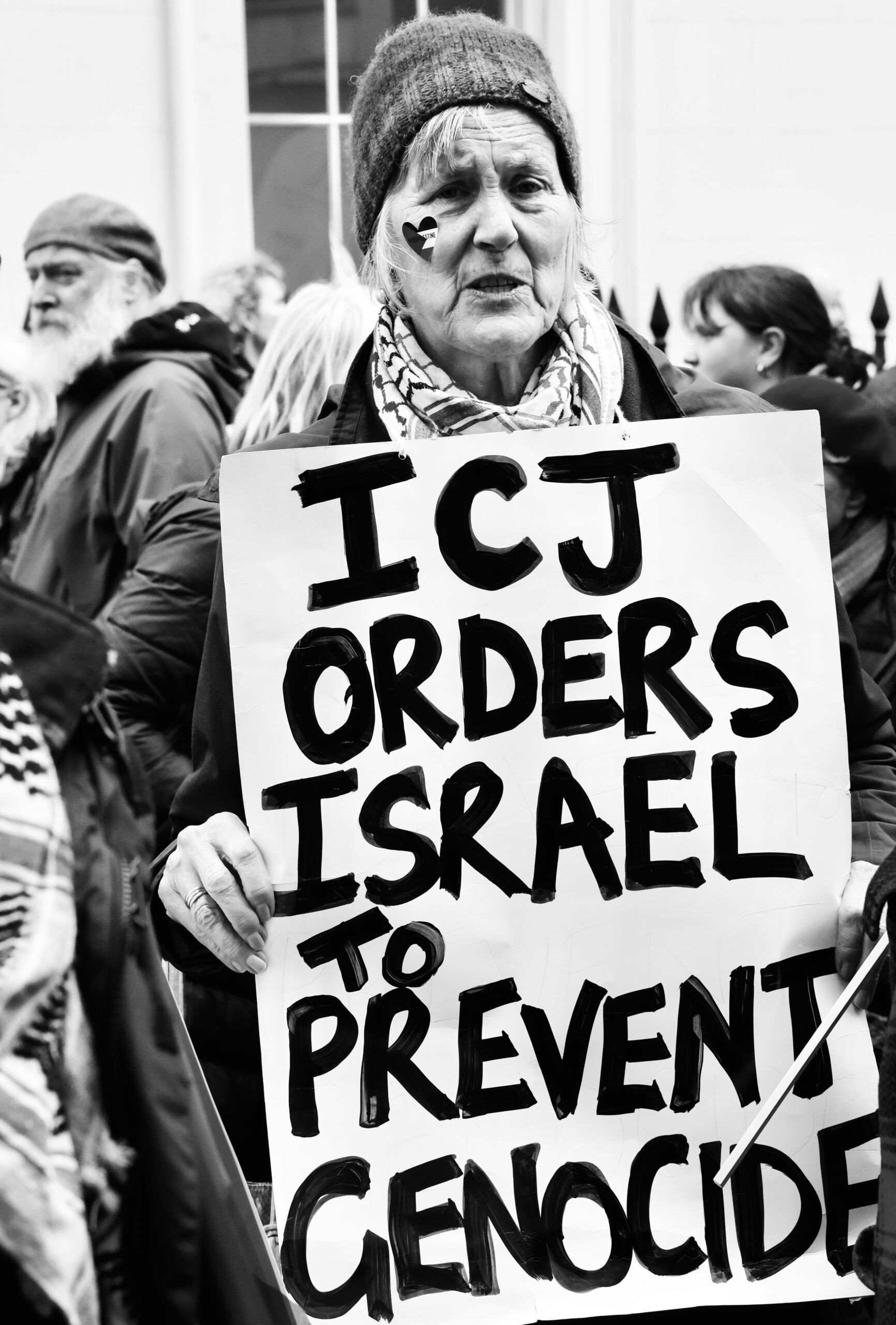


Photos taken at the national ‘Ceasefire Now’ demo in Central London, Saturday 3rd February. Additional photos may be viewed here





















































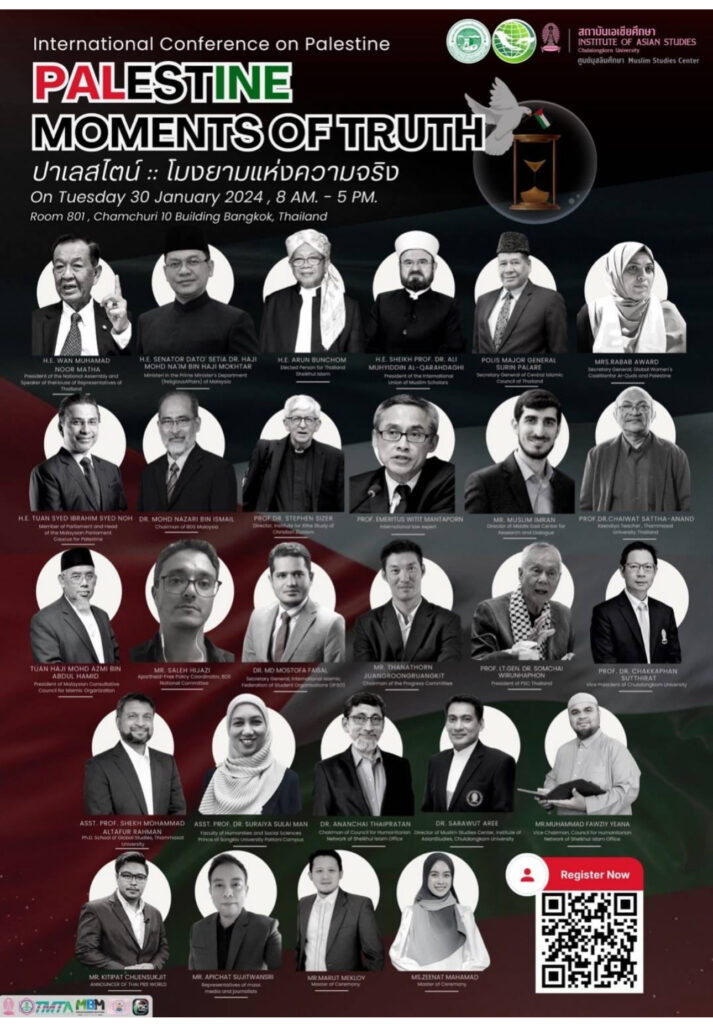
A presentation entitled “A Christian Critique of Israeli Apartheid” delivered at the ‘Palestine: Moments of Truth‘ international conference on Palestine arranged by the Muslim Study Center, Institute of Asian Studies, Chulalongkorn University, Bangkok, Thailand, together with the Council for Humanitarian Network of Sheikhul Islam Office of Thailand on 30 January 2024.
On 28 August 1963 Martin Luther King, co-led a civil-rights march of 250,000 people in Washington DC against racism and segregation. In what has become probably the most well-known and widely quoted speech in history,
“I have a dream that one day this nation will rise up and live out the true meaning of its creed. We hold these truths to be self-evident that all men are created equal. I have a dream that my four little children will one day live in a nation where they will not be judged by the colour of their skin but by their character. When we let freedom ring, we will be able to speed up that day when all of God’s children, black men and white men, Jews and Gentiles, Protestants and Catholics, will be able to join hands and sing in the words of the old spiritual, “Free at last, free at last. Thank God Almighty, we are free at last.”[1]
Continue readingA paper delivered at a conference organised by Astan Razavi in conjunction with the University of Tehran and Sharif University of Technology entitled, “Civilisational Thoughts of Imam Raza (peace be upon him_: Justice for all and injustice for no one.” (download a copy here)
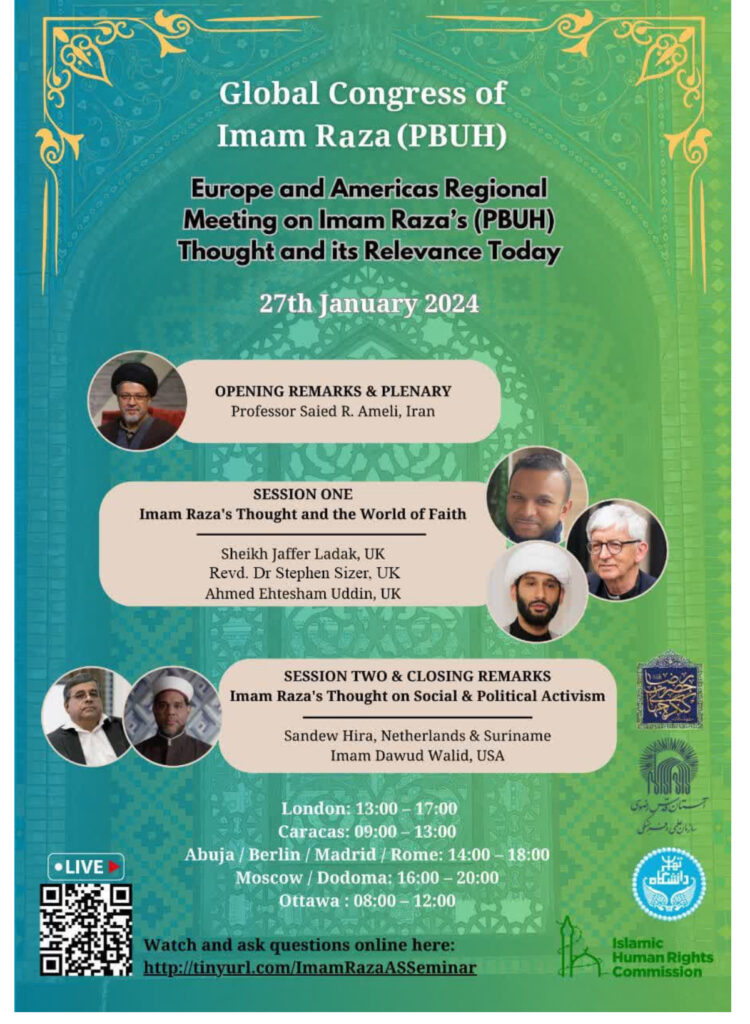
In this short presentation I will be reflecting on the life and teaching of Imam Ali al-Raza as summarised in the Razavi Codes of Ethics,[1] comparing and contrasting them with ethical instructions taught by Jesus Christ found in the four Gospels of the New Testament. Given that those participating will likely already be familiar with the example and teaching of Imam Raza, I will elaborate more on the teaching of Jesus to illustrate similarities and differences, recognising that Imam Raza, living many centuries after the New Testament was written, may well have been influenced by it, consciously or otherwise.
This will not however, be an exhaustive or comprehensive analysis of Islamic and Christian ethical codes, but rather a comparison of some of the 13 examples contained in the Razavi Codes of Ethics with similar statements found in the teaching of Jesus.
Continue readingAn interview with Garth Hewitt on what is happening in Gaza, his numerous visits to Gaza and the context for his song ‘The Broken Heart of Gaza’ which has now been revised to include the word genocide.
Garth was inspired to write the song by Father Manuel Musallam, the Parish Priest of Gaza, who had written to the wider Church of God. His letter was made public in January 2009.
‘Father Musallam’s letter inspired me with its great beauty and reminds me so strongly of a New Testament Epistle’ Garth Hewitt
View Garth singing the song on Youtube here
For more information on Garth’s songs and books – visit the Garth Hewitt Foundation
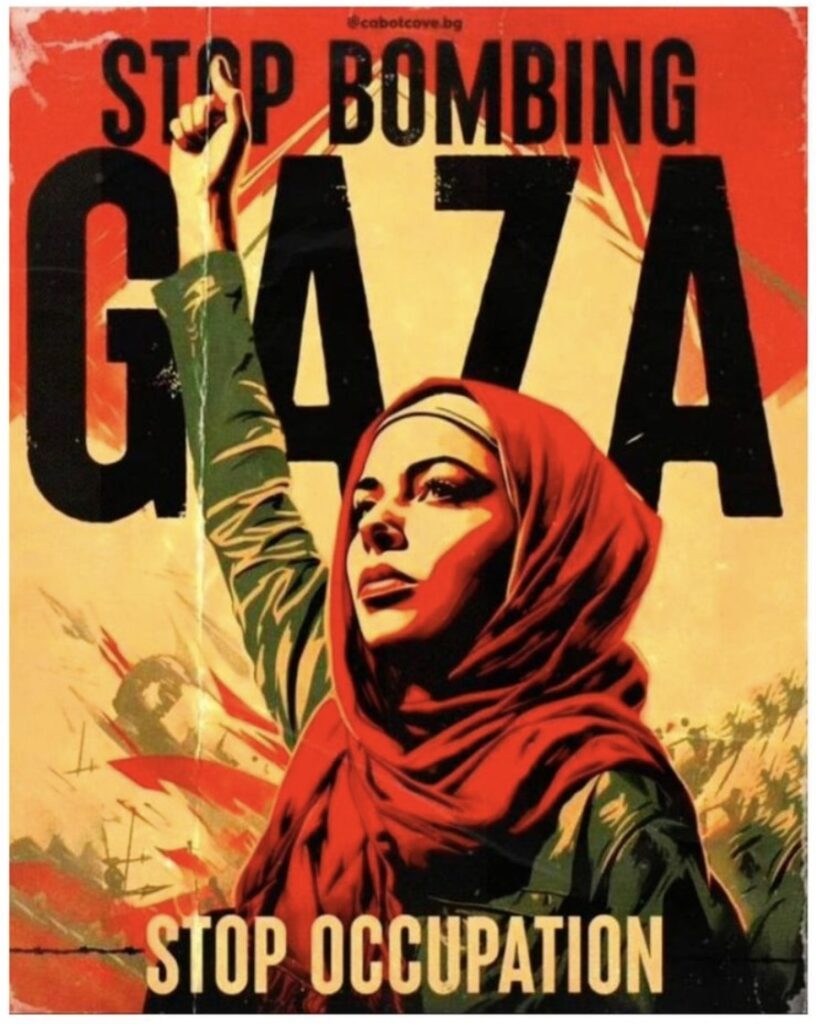
Imagine we are living in a parallel universe. 75 years ago, Britain was defeated in the 2nd World War. The RAF lost the Battle of Britain. D Day was a disaster. Britain was invaded and then colonised. The majority fled the country and cannot return. Those who survived have moved to the Southampton-Portsmouth Strip. Nearly 3 million people live as refugees in what is the world’s largest open prison, 25 miles long, 5 miles wide. The M27 is a militarised separation barrier. The coastline is patrolled. The ports are derelict. No one can leave. There is no escape. Imports and exports are heavily restricted. We depend on UN aid to survive.
Our democratically elected civil government has been designated a terrorist organisation. Three months ago, it got much worse. Armed resistance fighters broke out of our enclave. In retaliation, for the last 100 days, Southampton, Fareham, Gosport and Portsmouth have been sieged, invaded and bombed. Day and night. As a result, there are tens of thousands of dead and wounded. 80% of homes have been destroyed or are uninhabitable. The Civic Hall has been demolished. Portsmouth, Solent and Southampton Universities have all been flattened. The University Hospital, Royal South Hampshire and Queen Alexandra Hospital in Portsmouth have been severely damaged and are out of operation. Southampton airport is unusable. Most churches and mosques, shops, schools and community centres have been demolished or are unusable. Mass burials are taking place daily on Southampton Common.
And then, just when we thought it could not get any worse, two million people have been forced to move to a so-called ‘safe zone’ along the Weston Shore, Netley and in Royal Victoria Park. We are living in the open air, in makeshift tents. There is little or no food, no water or electricity. There is a communication blackout. The UN are only allowed to bring in a fraction of the supplies we need to survive. Medical staff are performing operations without anaesthetics. With no sanitation, communicable diseases are rampant. diarrhoea cases surged 66 percent among children. Meningitis, chickenpox, jaundice also reported. Half a million people are literally starving.
Continue reading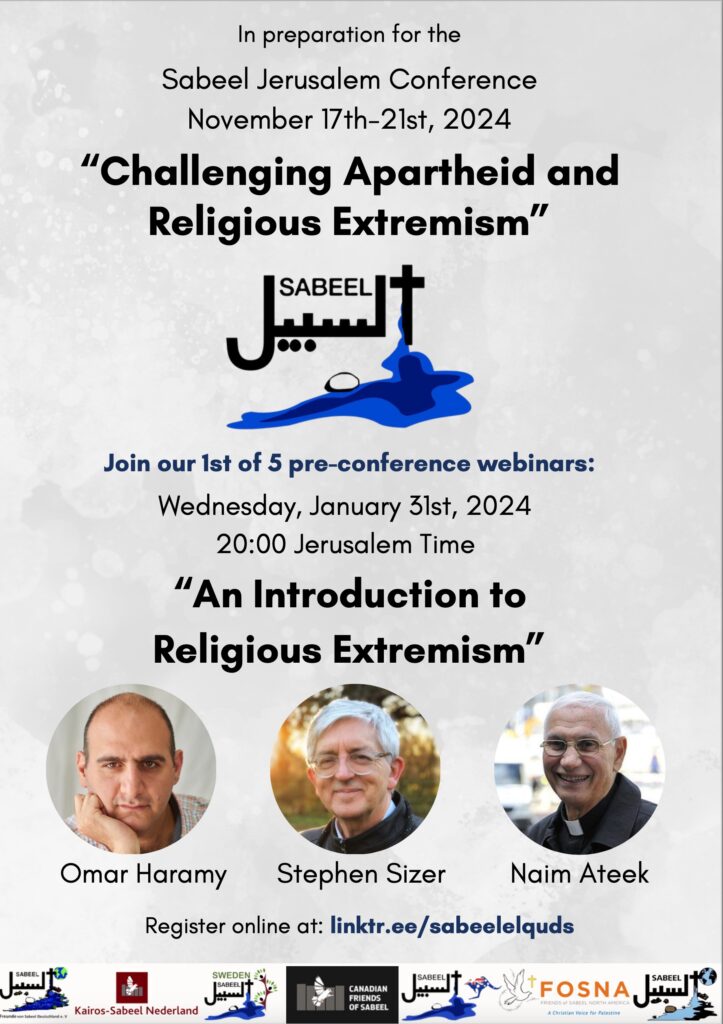
Conference Purpose Statement:
After ignoring 75 years of Israeli settler-colonial violence, since the 7th of October last year, the world has been shocked into taking notice of the genocide occurring against Palestinians in Gaza. With the aim of speaking into these tragedies, the 2024 Sabeel International Conference will challenge apartheid and religious extremism through a liberationist approach to theology by ecumenical and interfaith collaboration. Thought leaders representing the Abrahamic faiths will guide participants in reflecting on the current situation and exploring ecumenical, interfaith, non-violent avenues for fostering peace and justice in Palestine and Israel.
Webinars: Sabeel has organized five webinars, each at 8pm Jerusalem time, from January to May. These webinars, facilitated by distinguished academics and activists, serve as a prelude to the conference by introducing themes and topics that will be explored in depth in November.
Register for the webinars here
Wednesday 31st January: An Introduction to Religious Extremism
This webinar will introduce religious extremism and outline the November conference.
Wednesday 28th February: Zionism and Antisemitism
How the term antisemitism has been weaponised and an examination of the relationship between Zionism, apartheid, and religious extremism in Judaism.
Wednesday 27th March: Islam and Islamophobia
Define Islamophobia, challenge stereotypes and prejudice toward Muslims, and examine how Islamophobia has been exploited to silence criticism of Israel.
Wednesday 24th April: Christophobia and the Persecution of Christians
A discussion on the persecution of Christians and how Christian Zionism exacerbates tensions for Palestinian Christians.
Wednesday 29th May: A Summary on Religious Extremism
A summary of the series and information about the November conference including the schedule and how to maximize your participation.
Principles: The principles guiding this conference include facilitating constructive interfaith dialogue, promoting human rights and justice in Palestine and Israel, challenging misinterpretations of religious texts contributing to extremism, empowering grassroots activism and advocacy, and strengthening collaborative networks. The Sabeel conference aims to create a platform for dialogue across faiths to address the root causes of extremism and advance human rights in Palestine.
Register for the webinars here

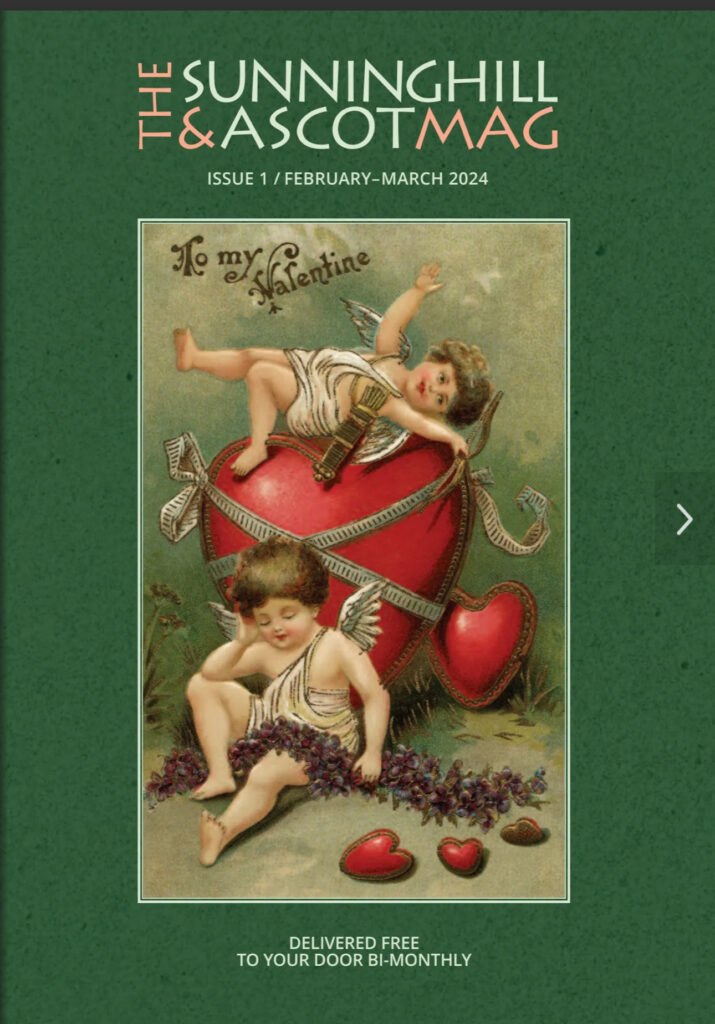
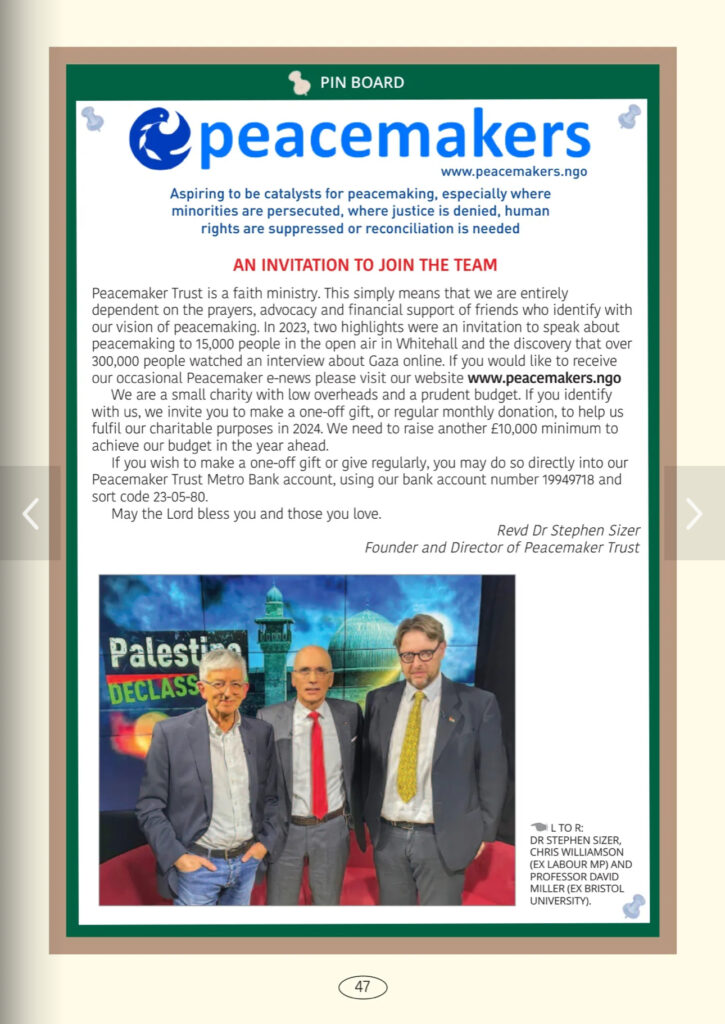
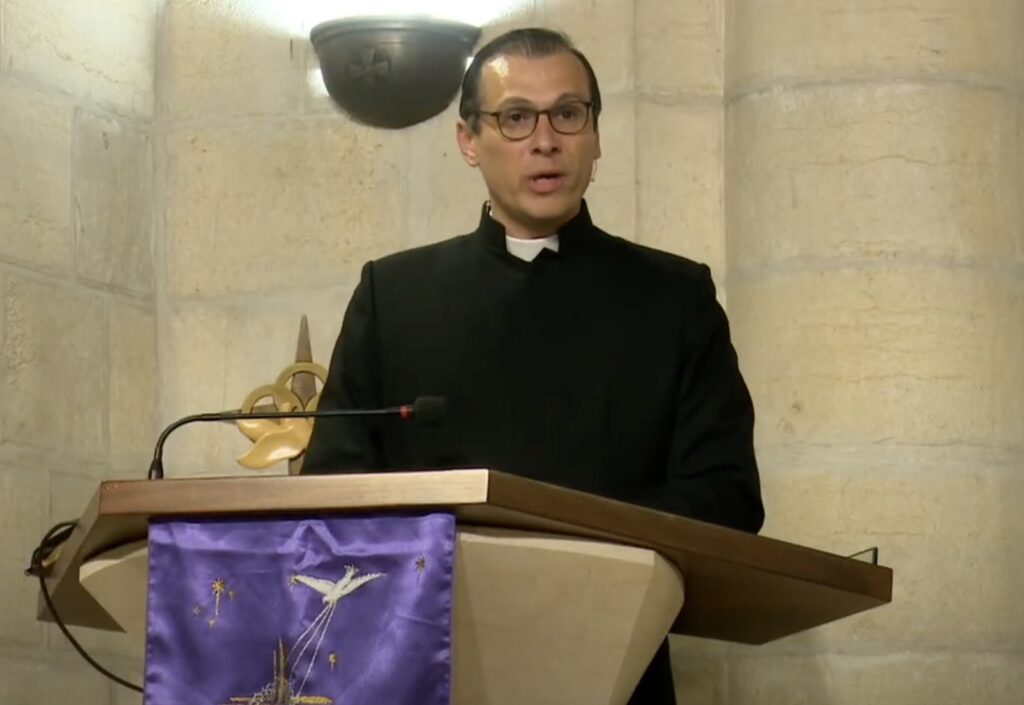
The Revd Dr Munther Isaac, is the vicar of the Evangelical Lutheran Christmas Church in Bethlehem. Munther delivered a prophetic message during the Christ in the Rubble Liturgy of Lament service today. It was a powerful message challenging Western Churches to demonstrate solidarity with the suffering church in Palestine and repudiate the genocide occurring in Gaza, because silence is complicity.
View the video here
Read Munther’s text below:
Christ in the Rubble
A Liturgy of Lament
“We are angry…
We are broken…
This should have been a time of joy; instead, we are mourning. We are fearful.
20,000 killed. Thousands under the rubble still. Close to 9,000 children killed in the most brutal ways. Day after day after day. 1.9 million displaced! Hundreds of thousands of homes destroyed. Gaza as we know it no longer exists. This is an annihilation. A genocide.
The world is watching; Churches are watching. Gazans are sending live images of their own execution. Maybe the world cares? But it goes on…
Continue readingJesus of Palestine: A Christmas presentation given at the Gulf Cultural Club, Abrar House, London
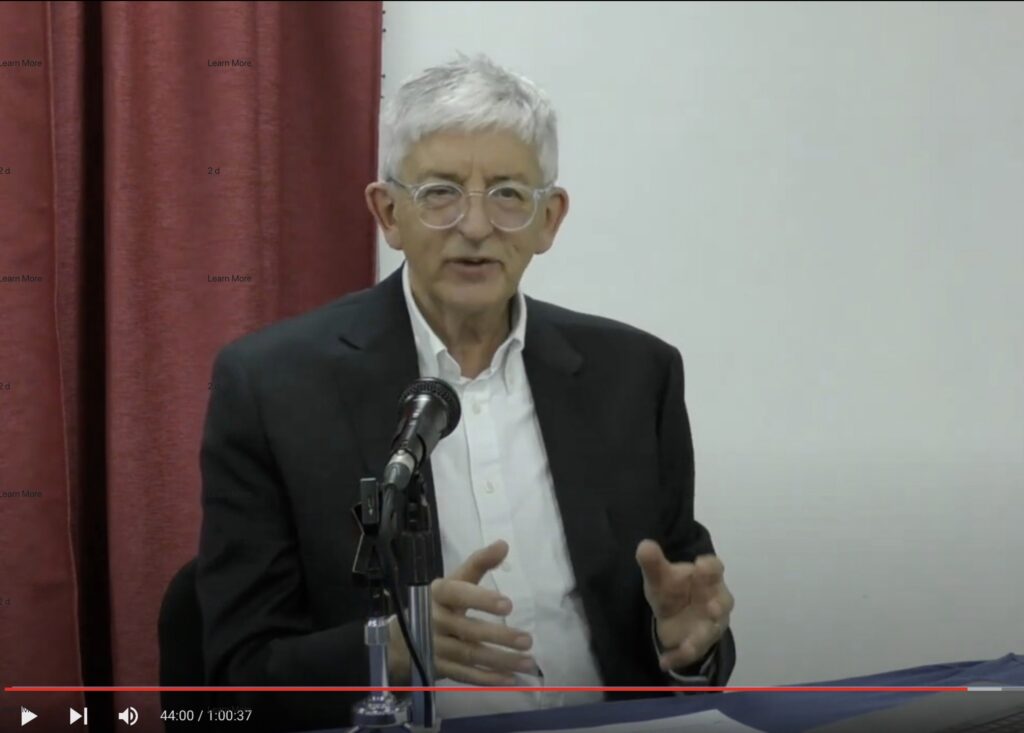
The Evangelical Lutheran Christmas Church in Bethlehem are commemorating the birth of Jesus Christ differently this year. They have created a nativity scene resembling the situation in Gaza amid Israel’s brutal onslaught. The nativity scene shows a baby wrapped in the traditional Palestinian keffiyeh and placed in debris and rubble. While the keffiyeh symbolises Palestinian identity, history, and struggle, the debris represents destruction in Gaza, where at least 20,000 people have already been killed by Israel’s indiscriminate war, and thousands more are missing under the rubble, most of them children and women. The baby Jesus represents the thousands of children buried beneath the rubble in Gaza. The vicar of the Nativity Church, the Revd Dr Munther Isaac, said: “If Jesus were born today, he would be born in Gaza under the rubble.” The municipalities and churches in Bethlehem and Ramallah have announced that Christmas celebrations have been cancelled in the occupied West Bank in solidarity with Gaza, calling on parishes instead to collect donations to help the victims.[1]
As we reflect on Christmas at the Gulf Cultural Club, we have been asked to consider two questions this evening. First, how would Jesus deal with the current situation in Palestine? Second, how can peace be promoted today? The hope is that this seminar will contribute to the promotion of justice and peace as we mark the festive season linked to Jesus and Mary. Let’s consider these two questions one at a time.
Continue reading